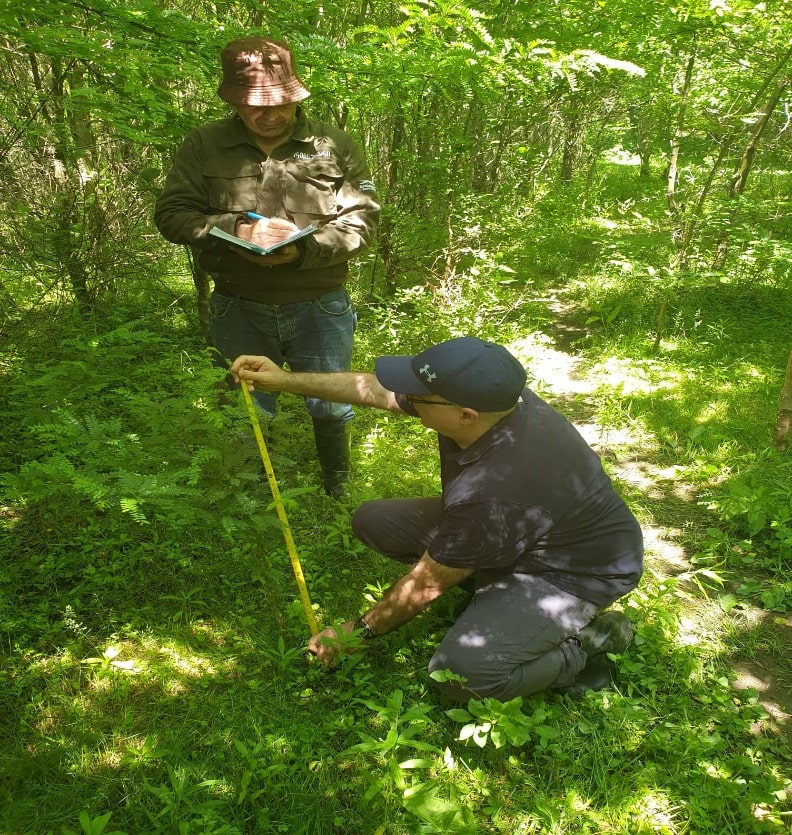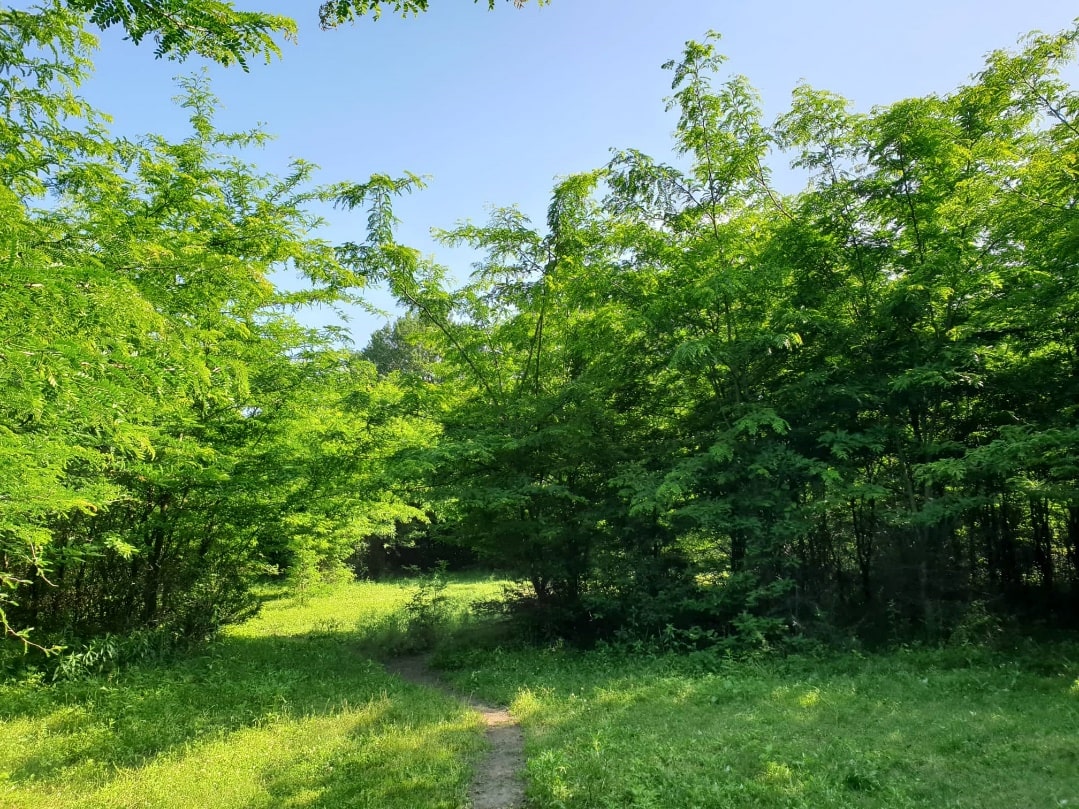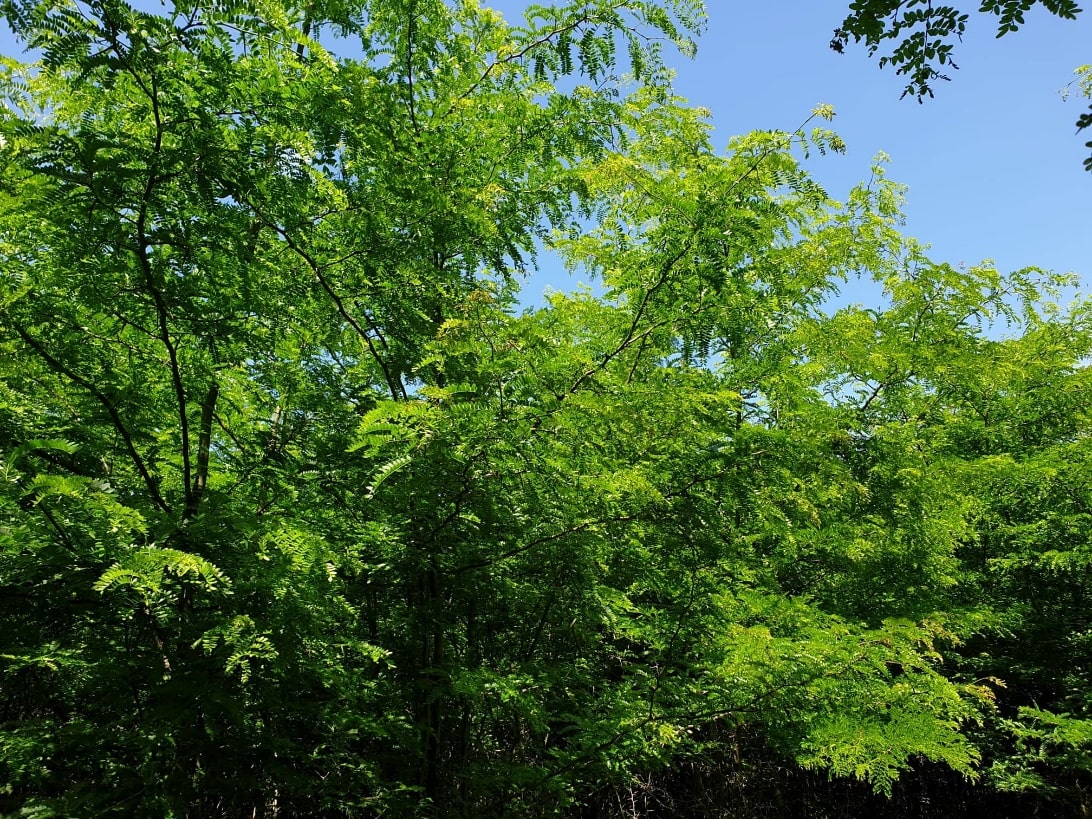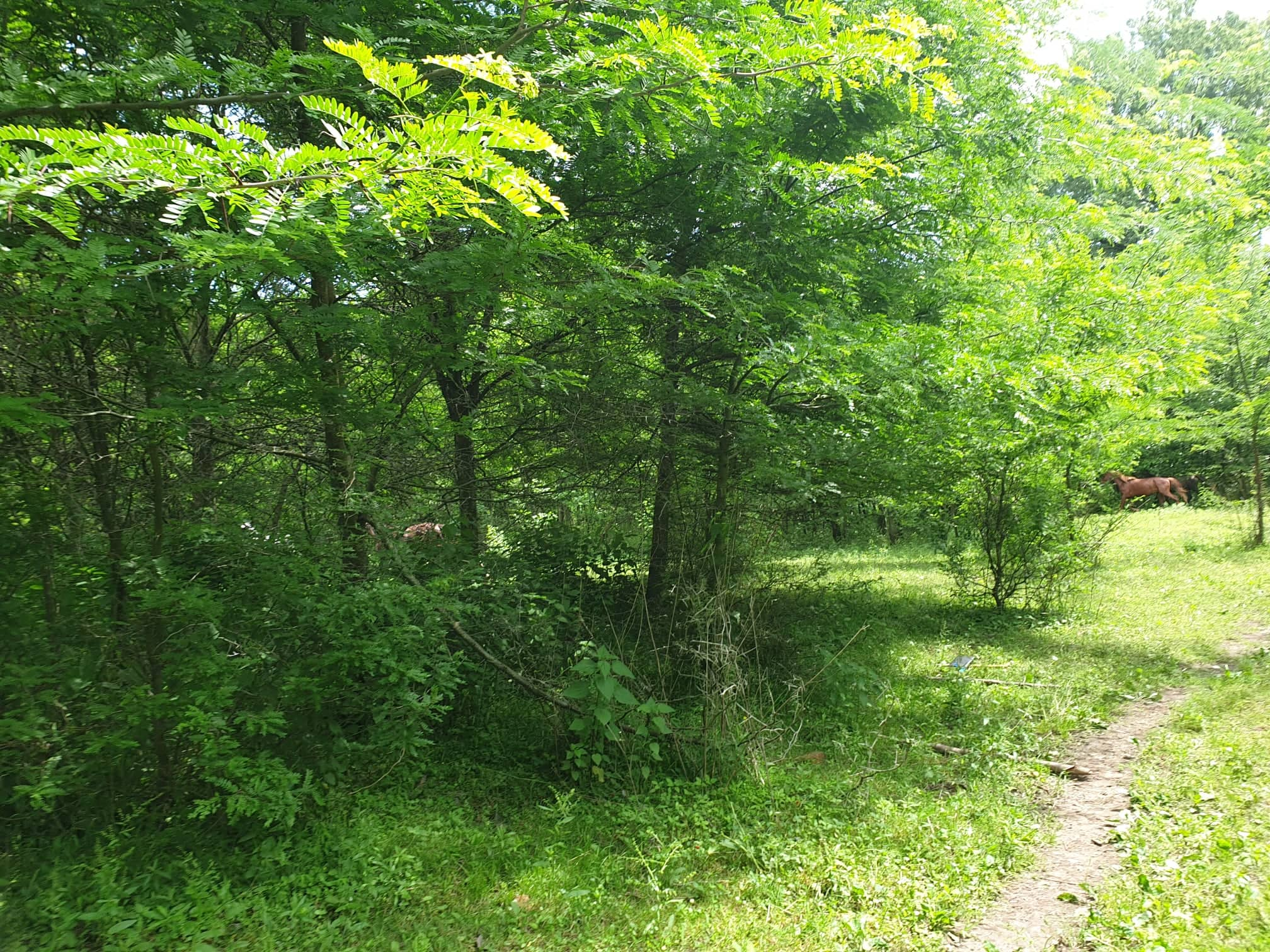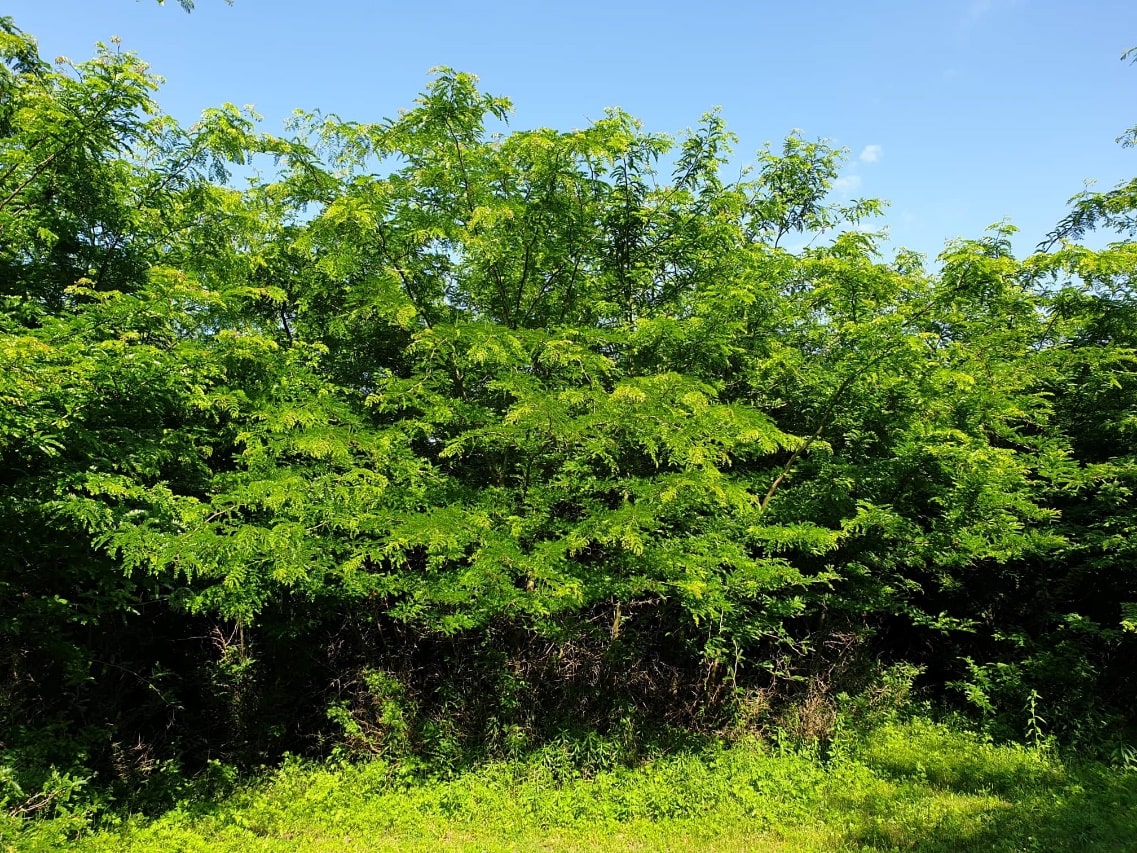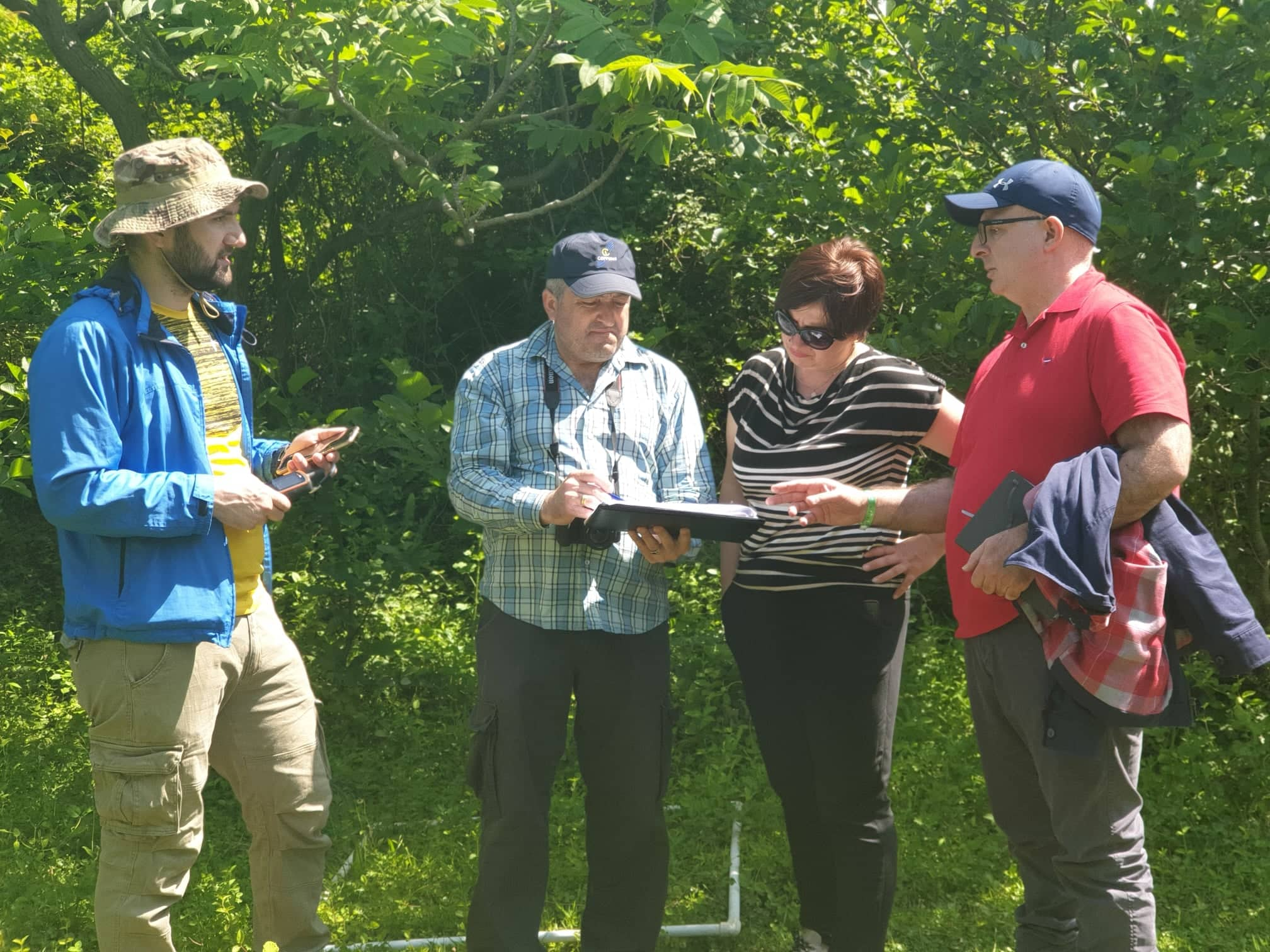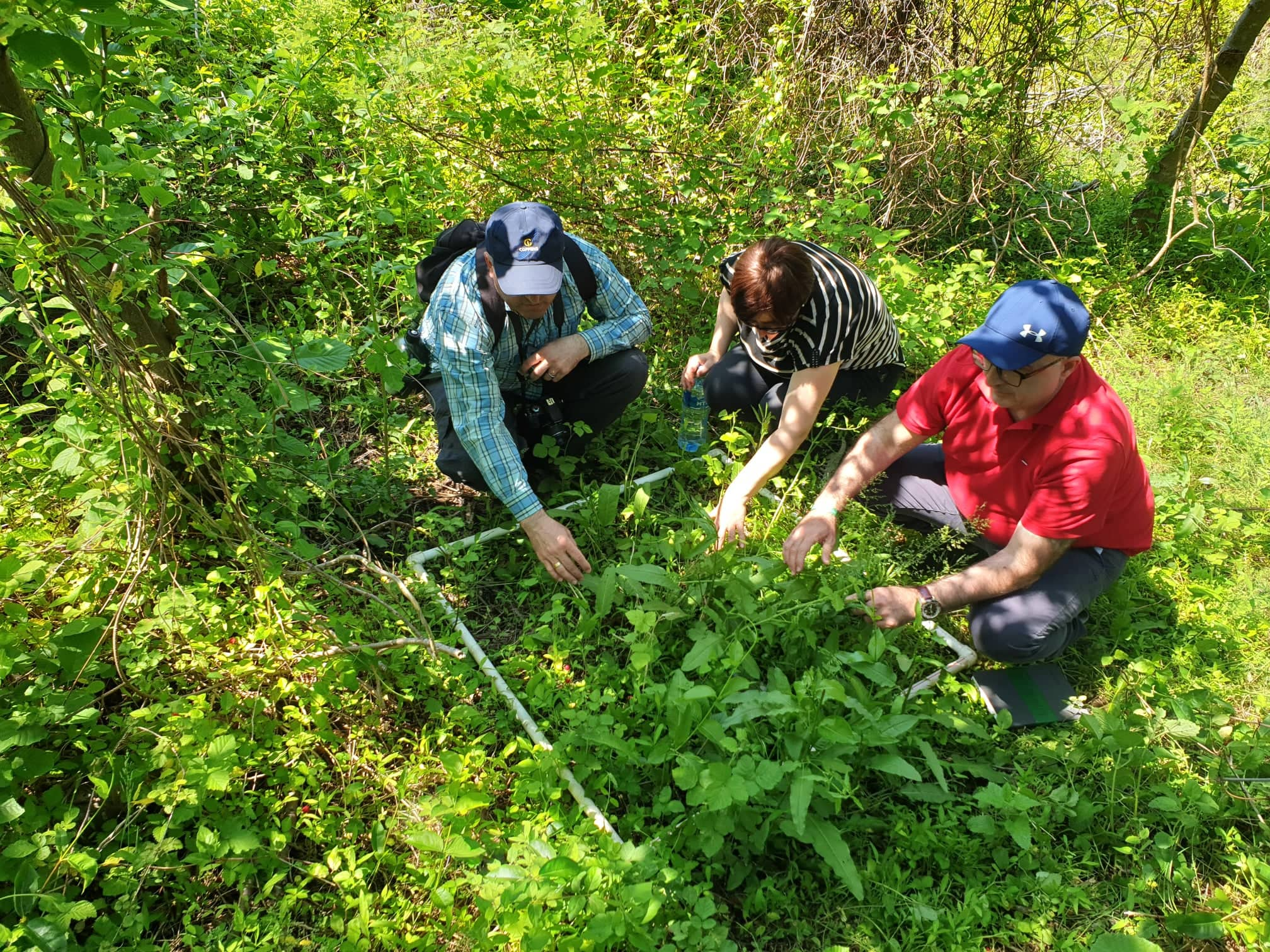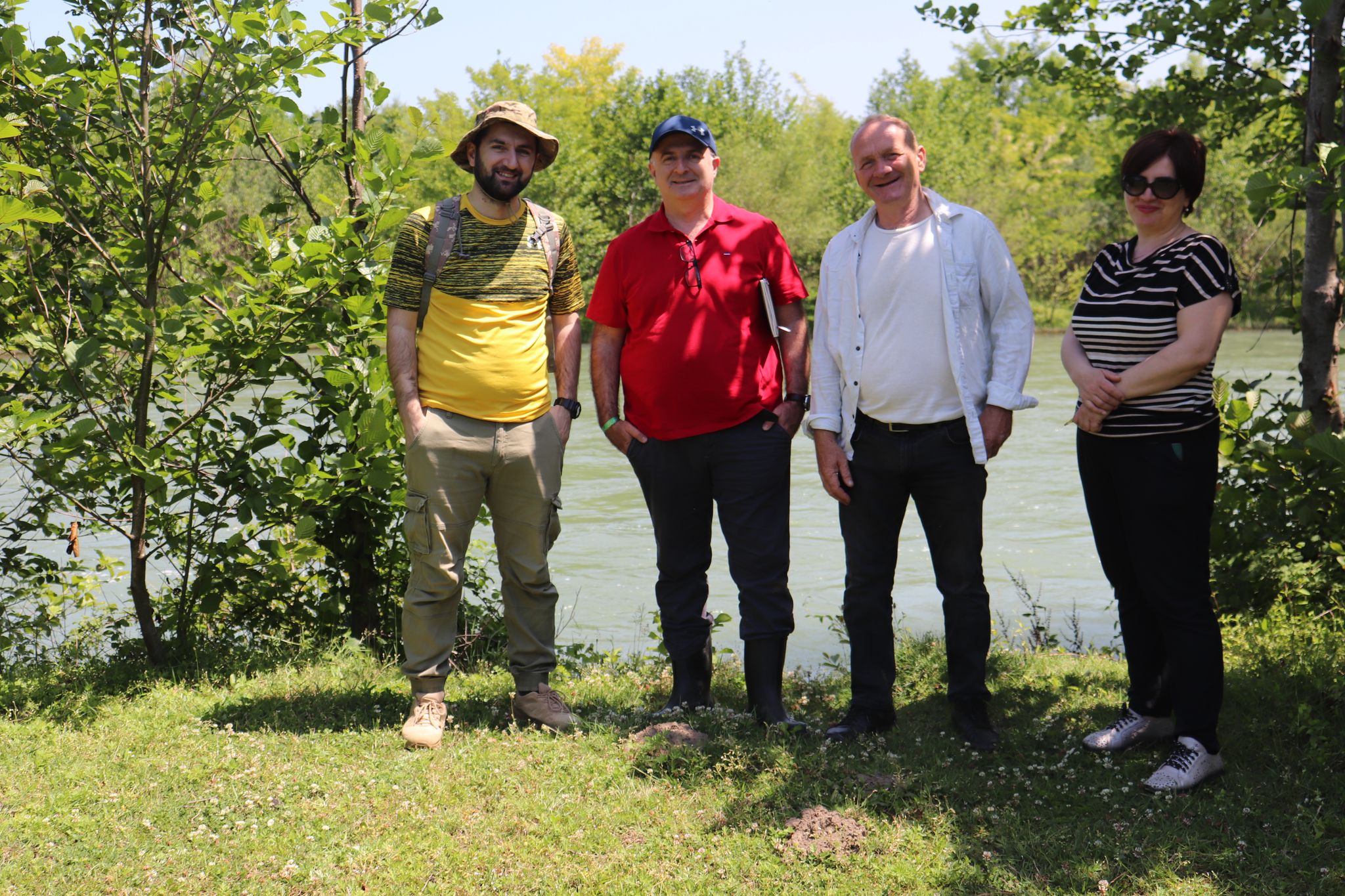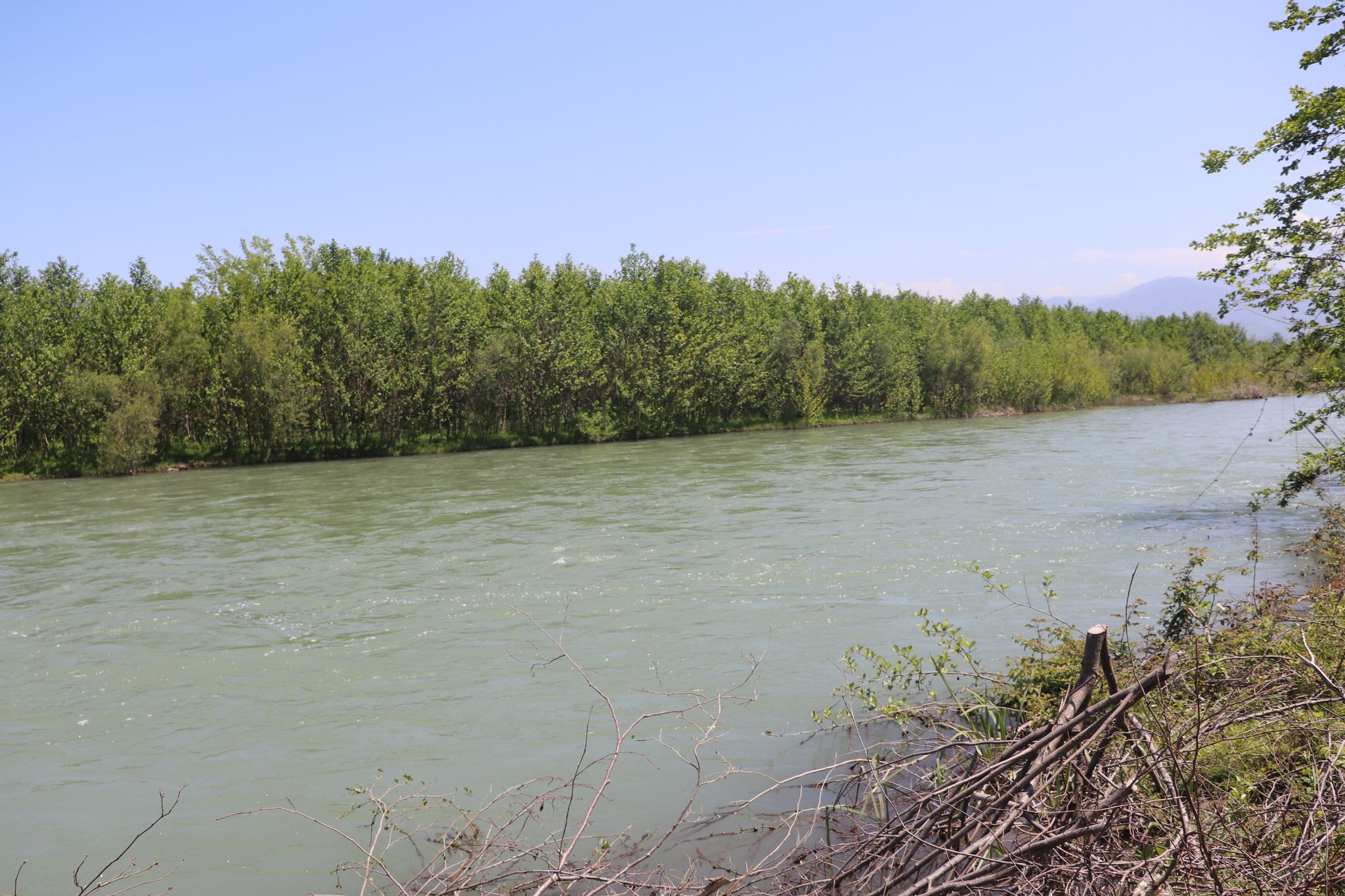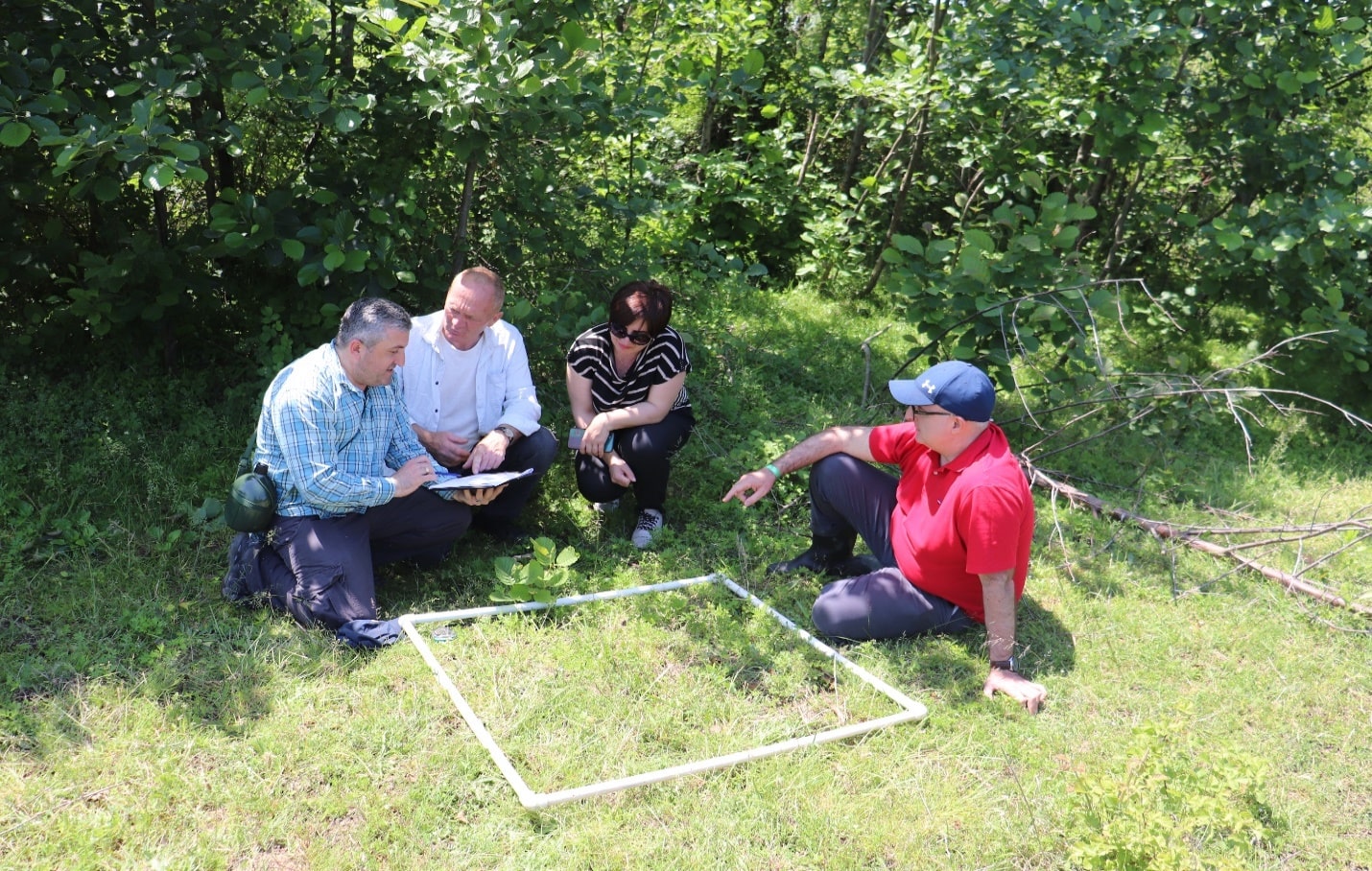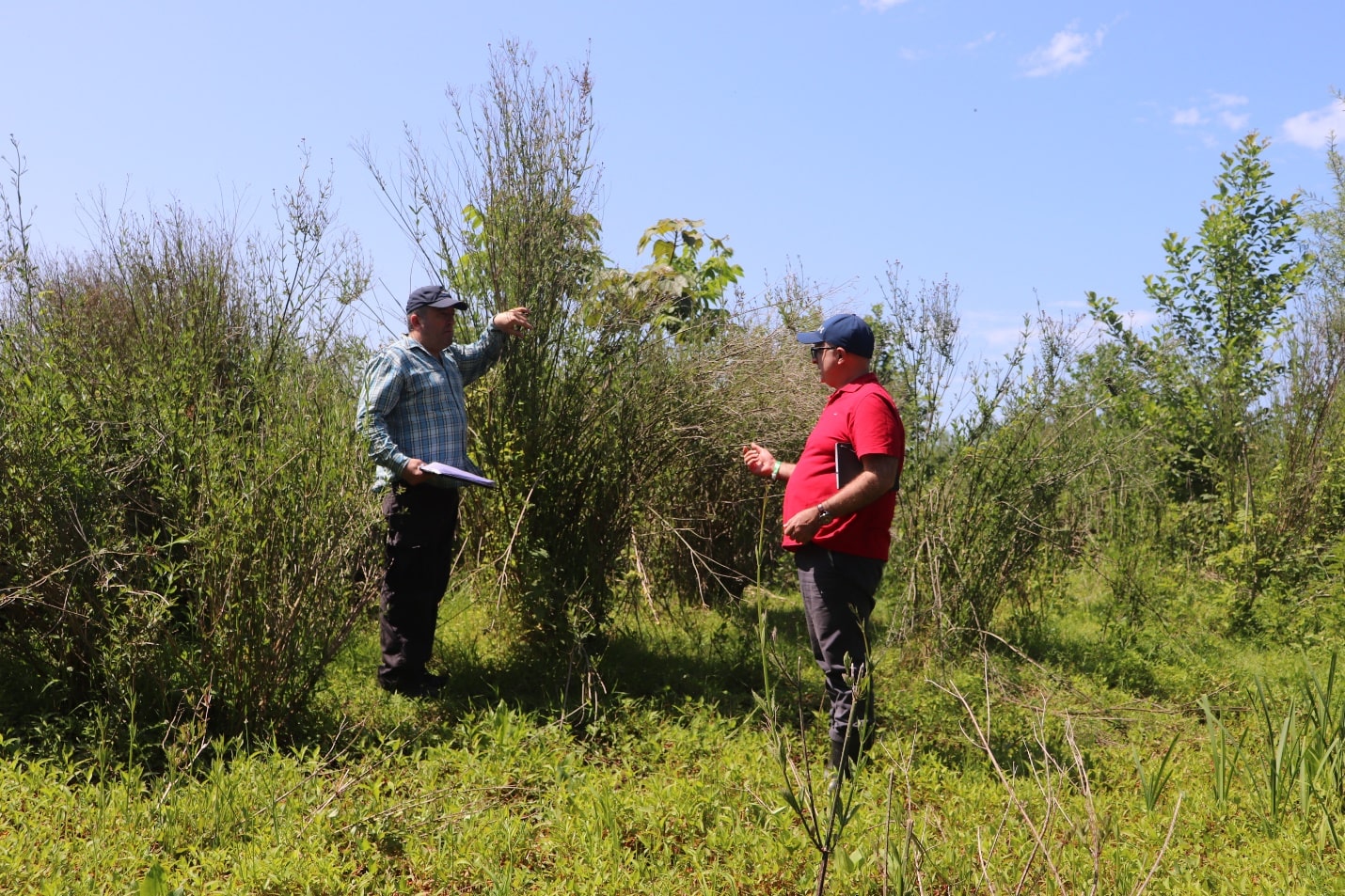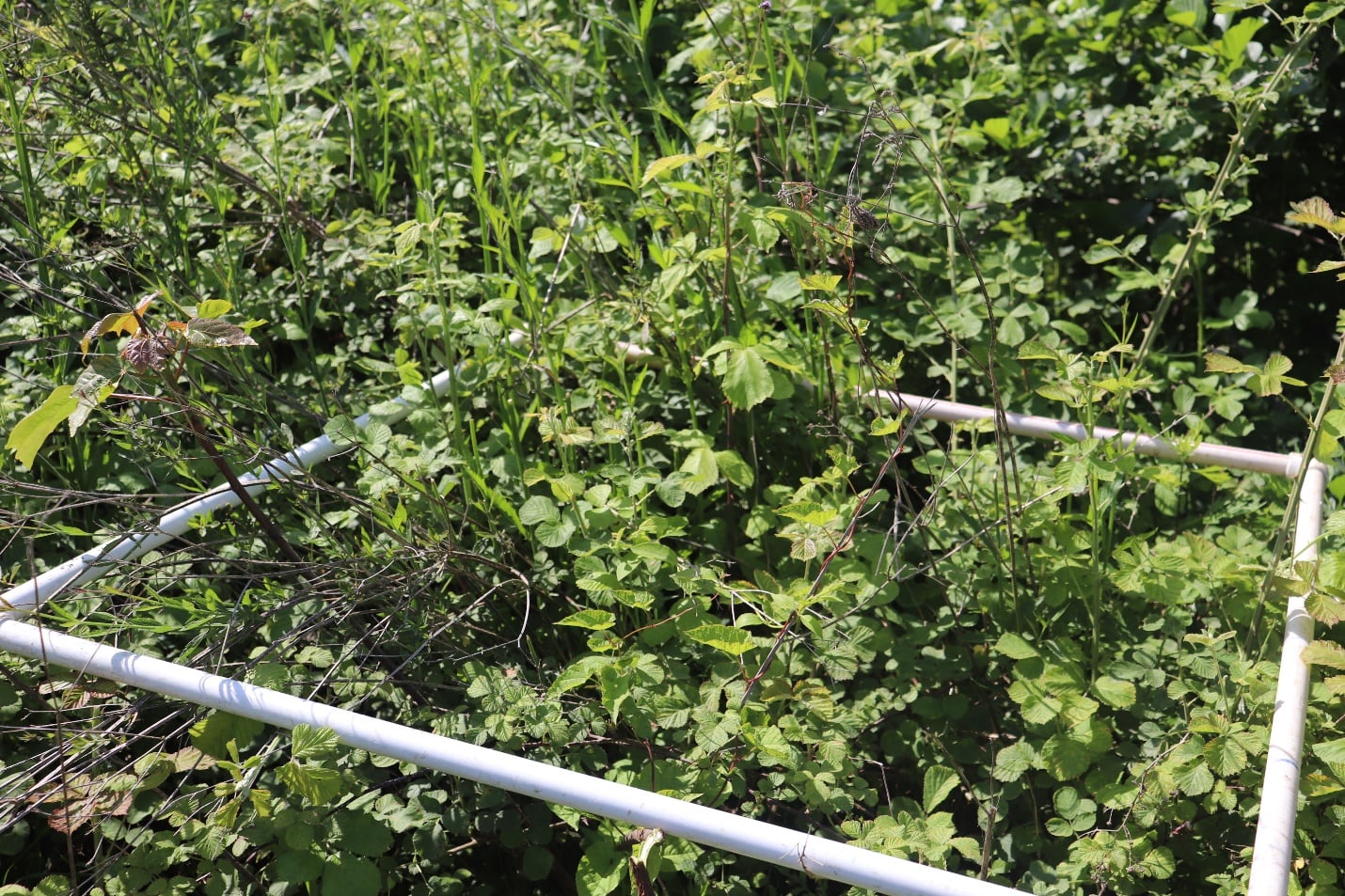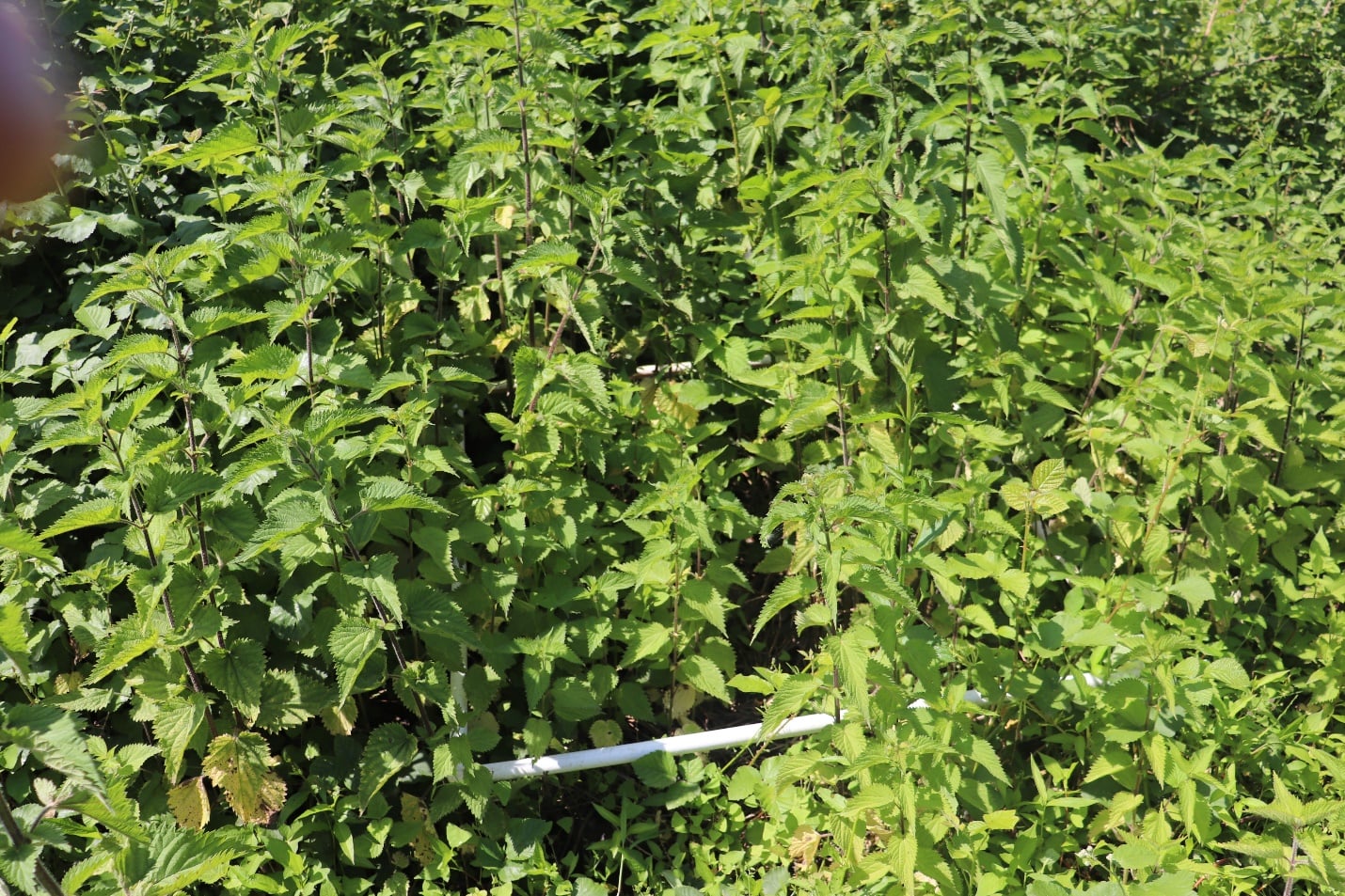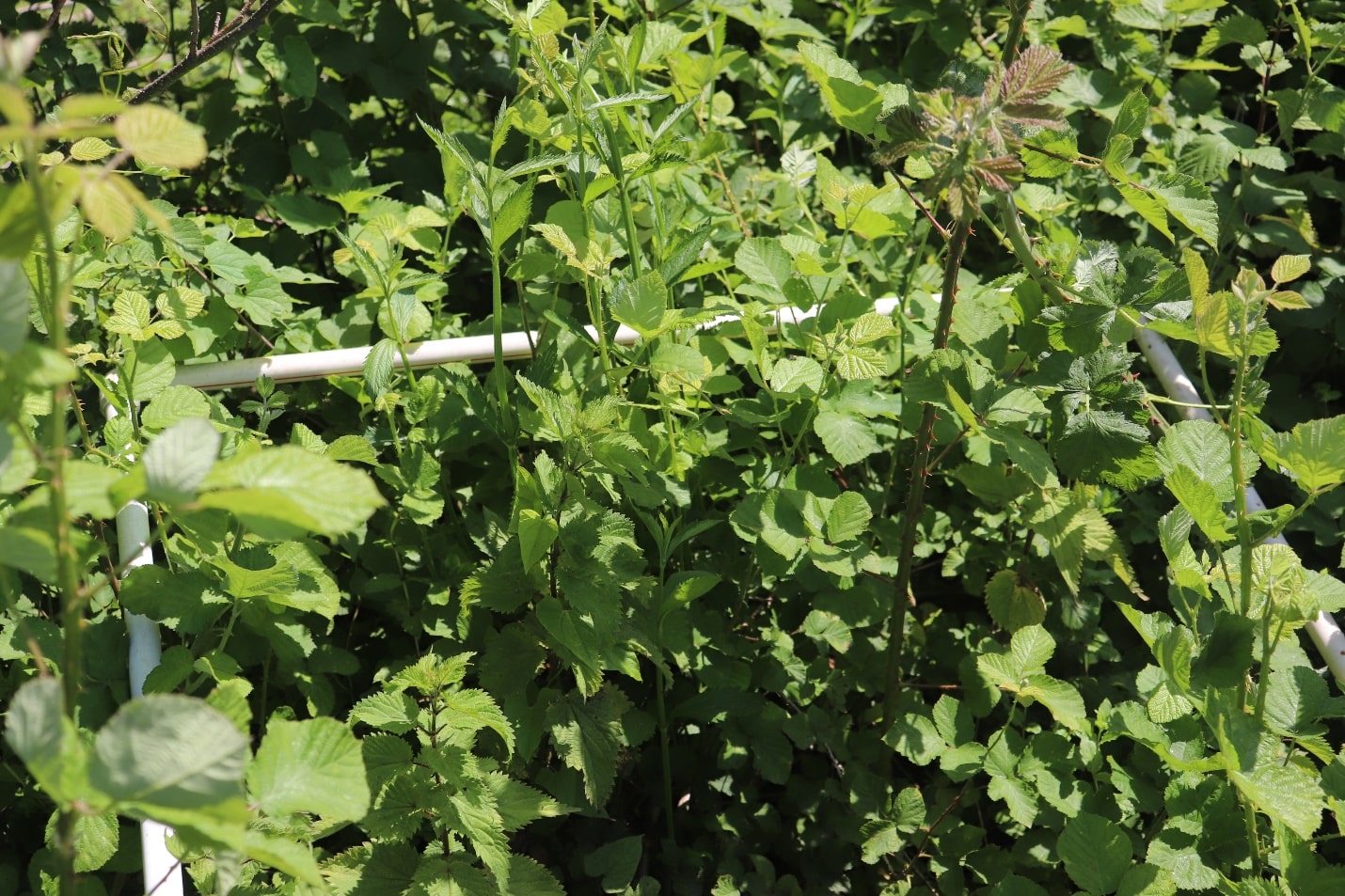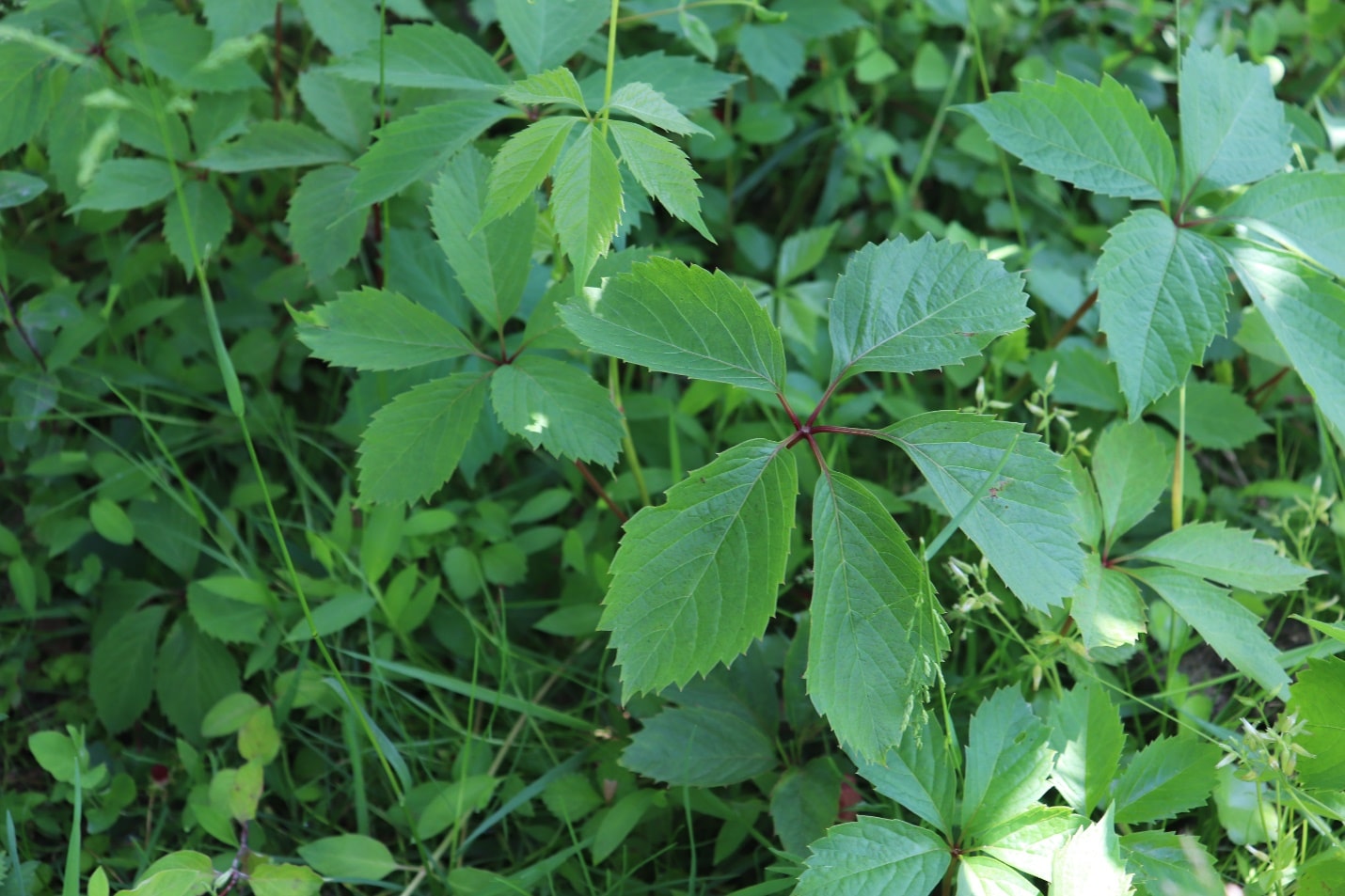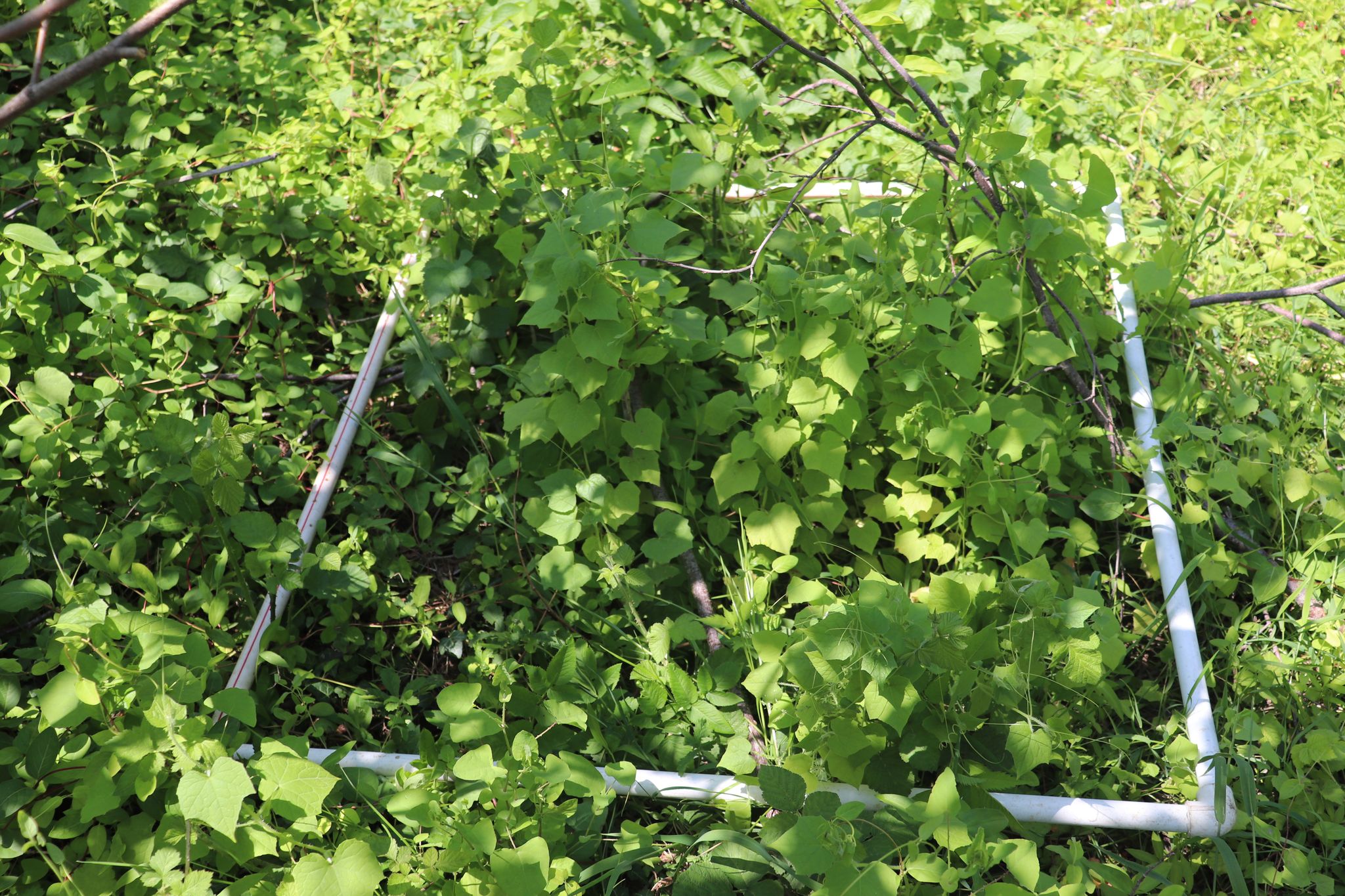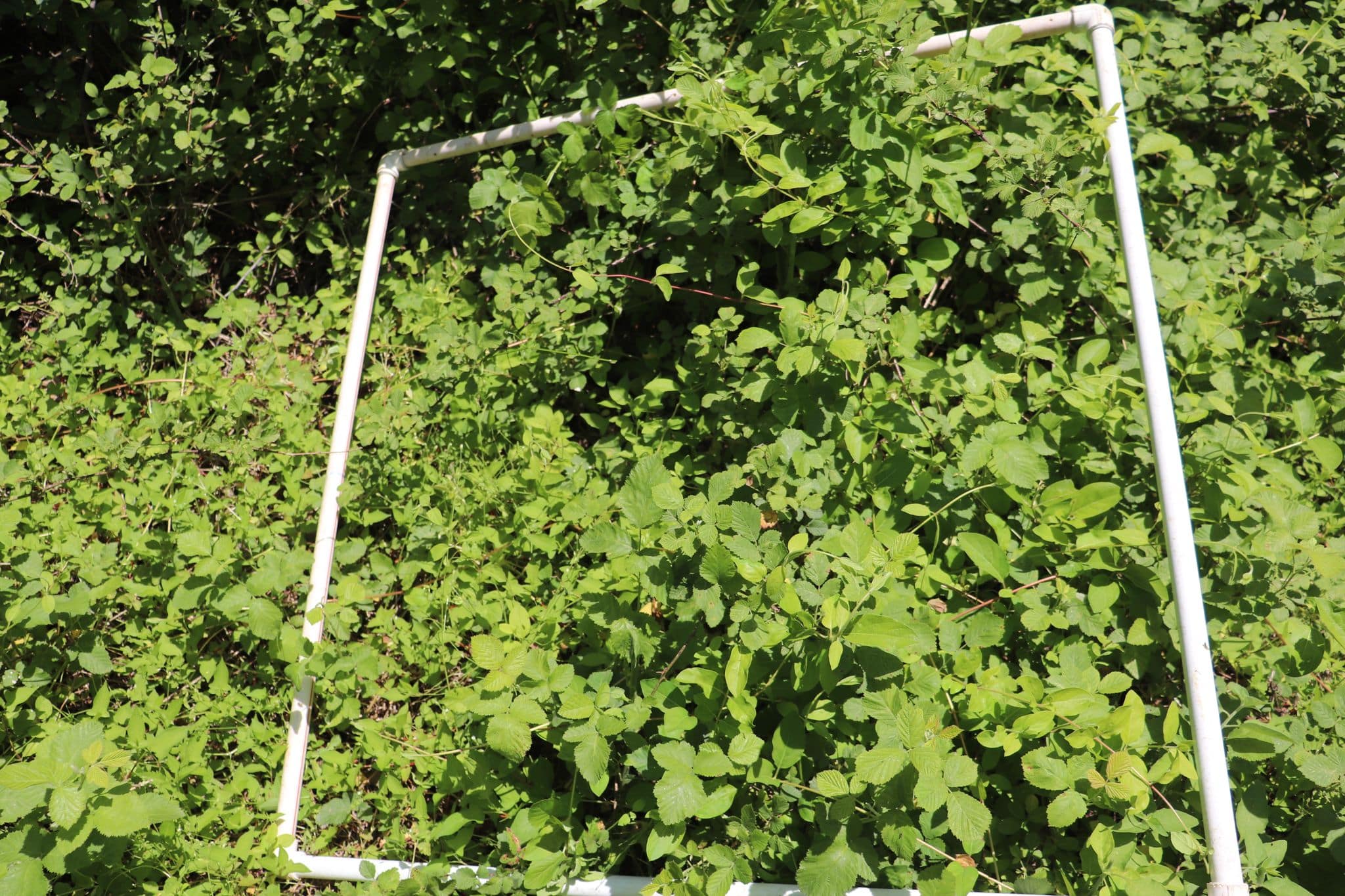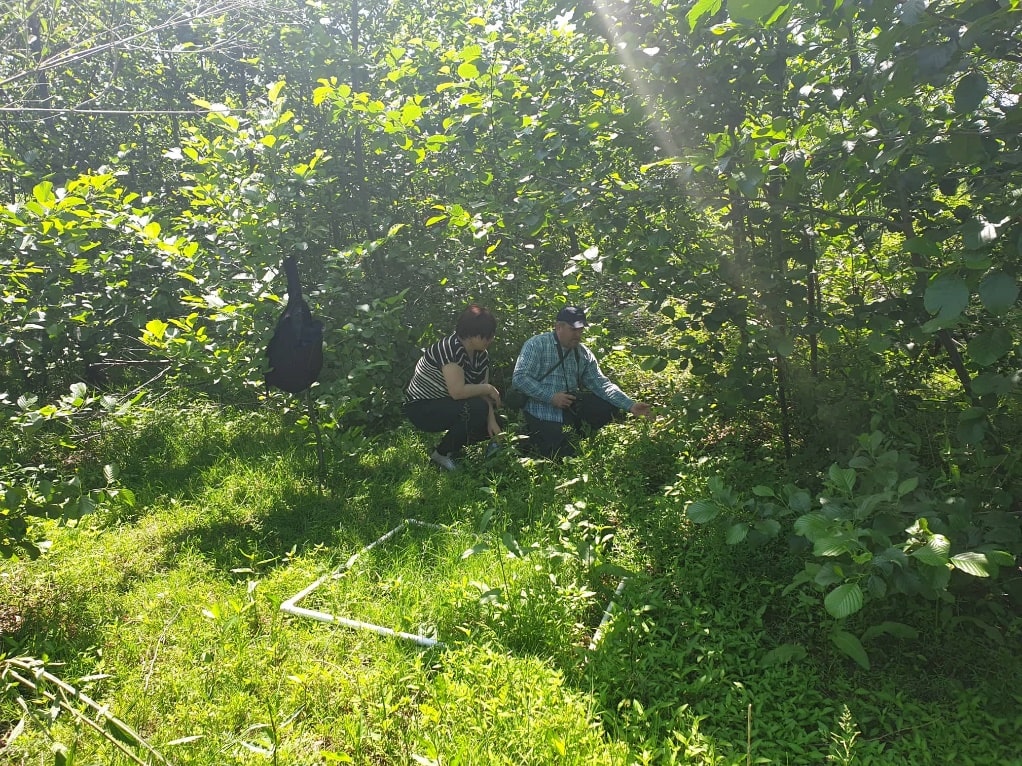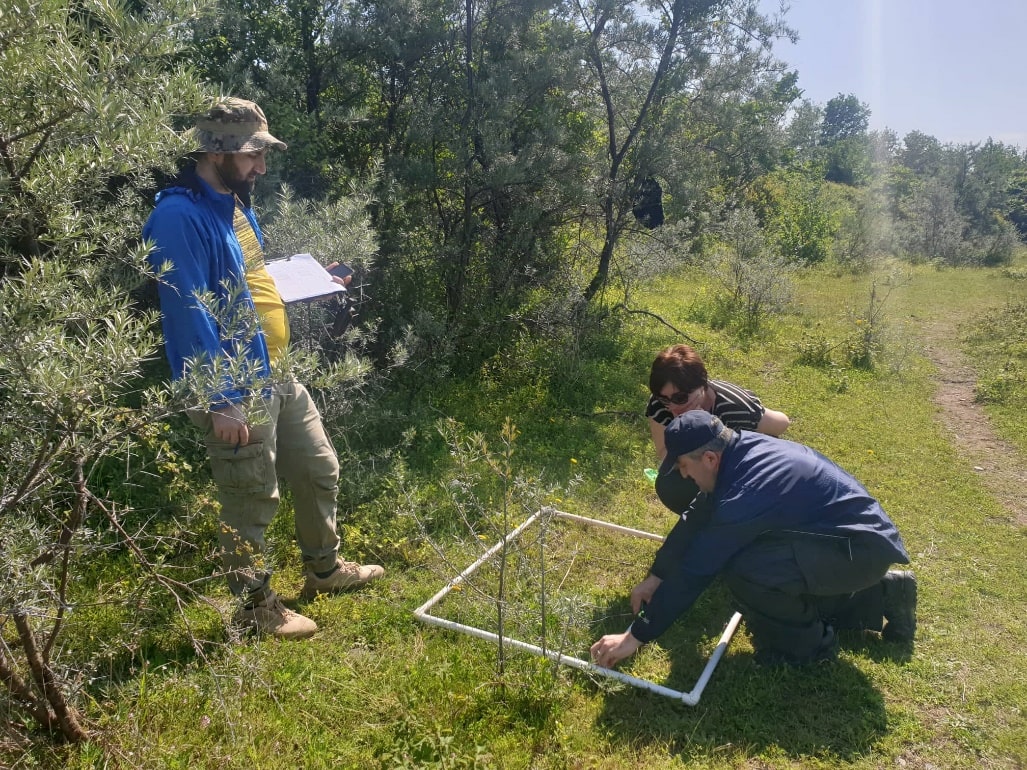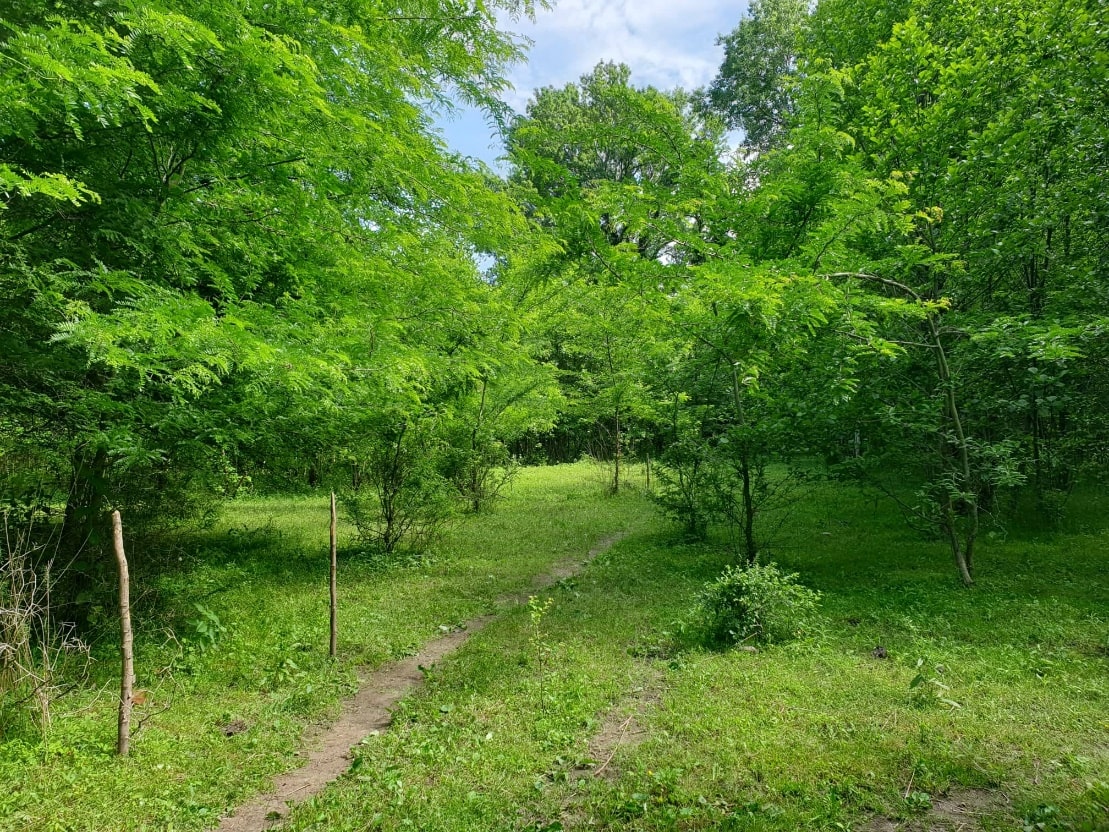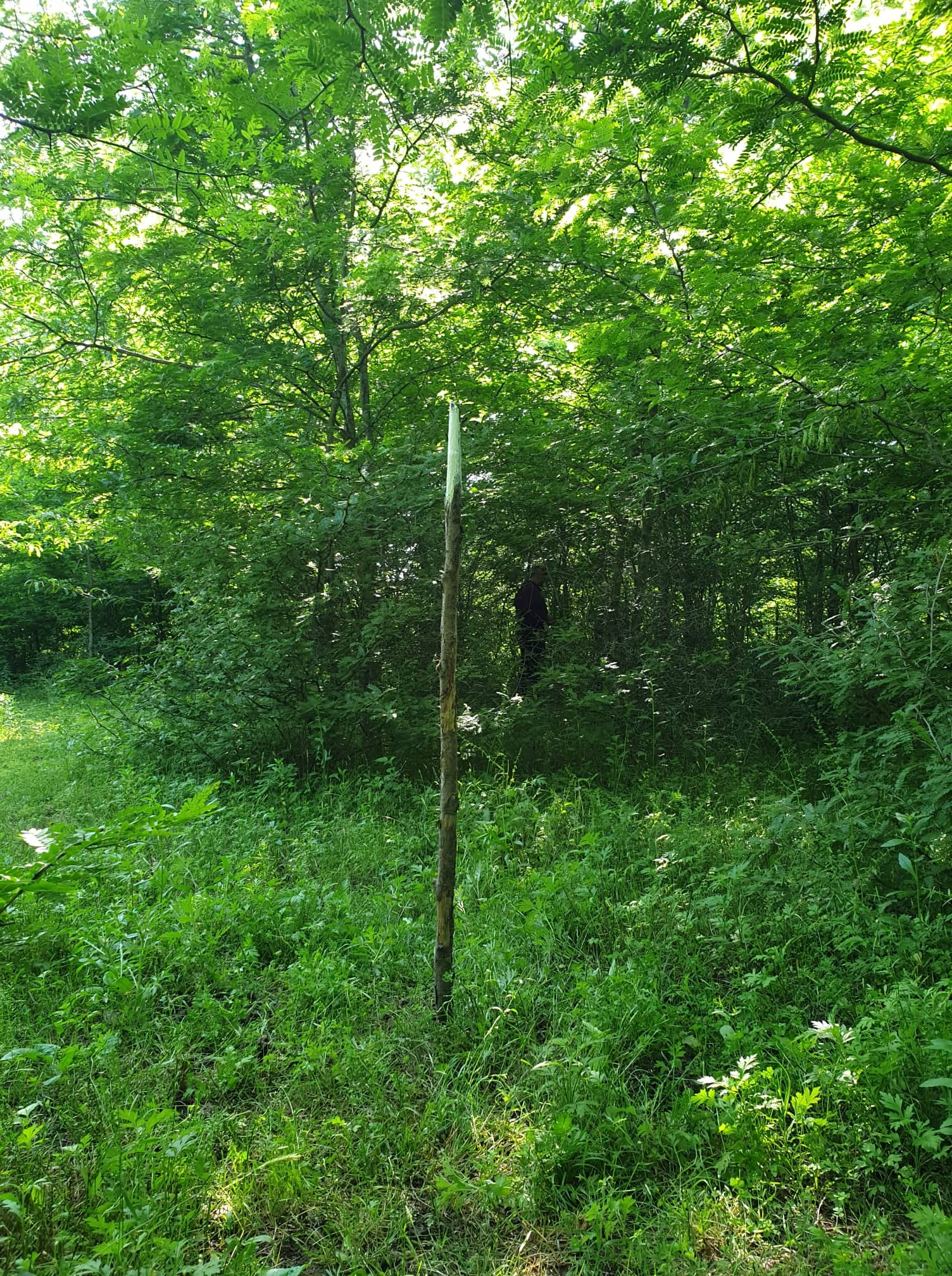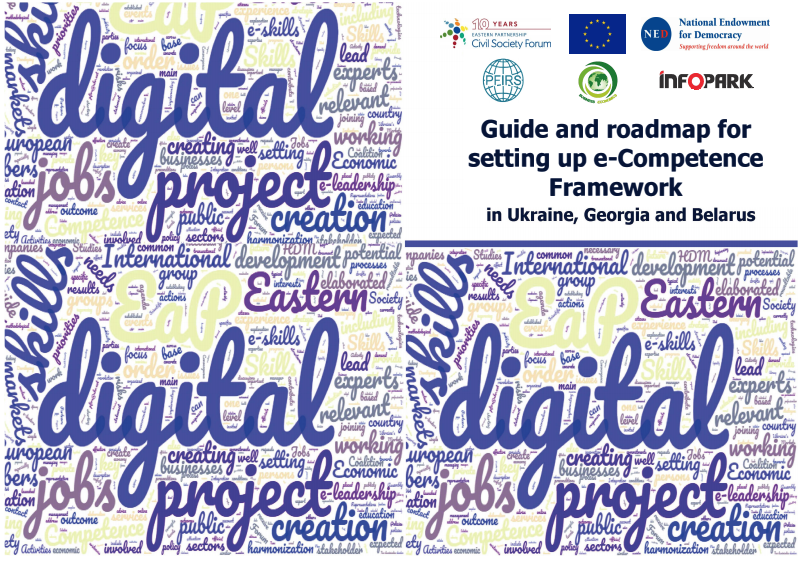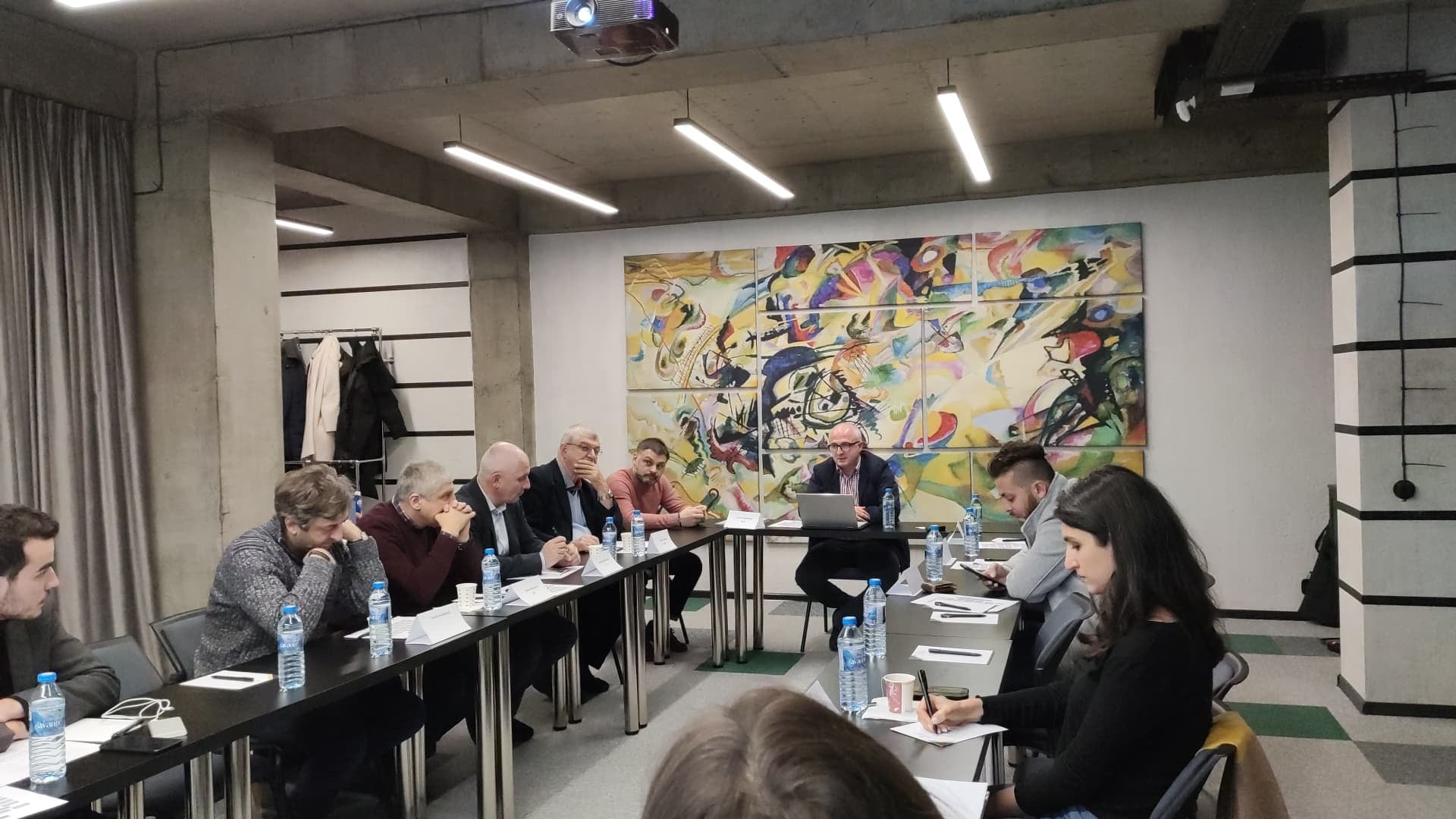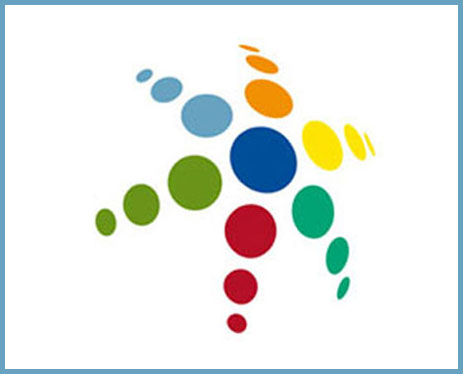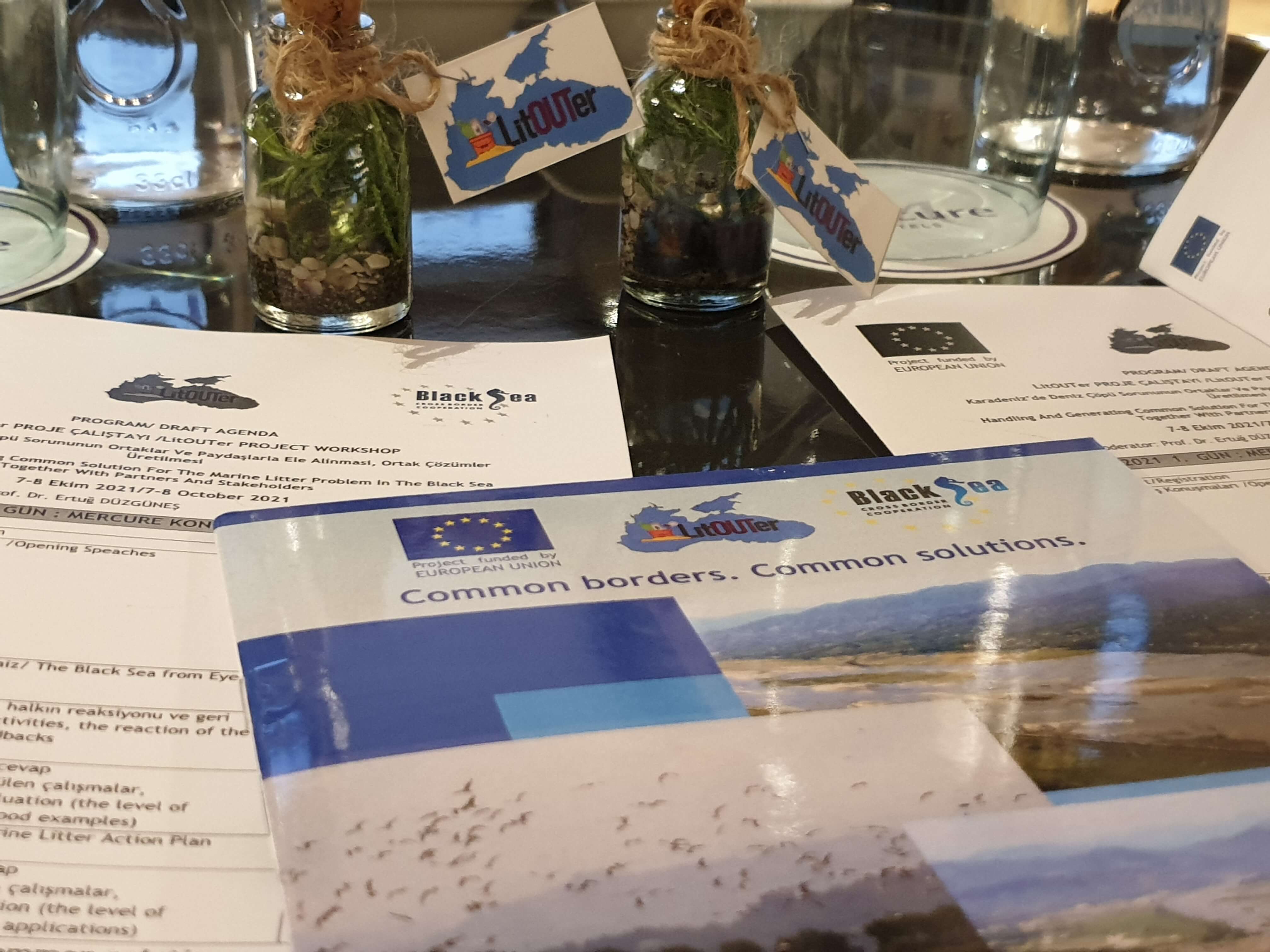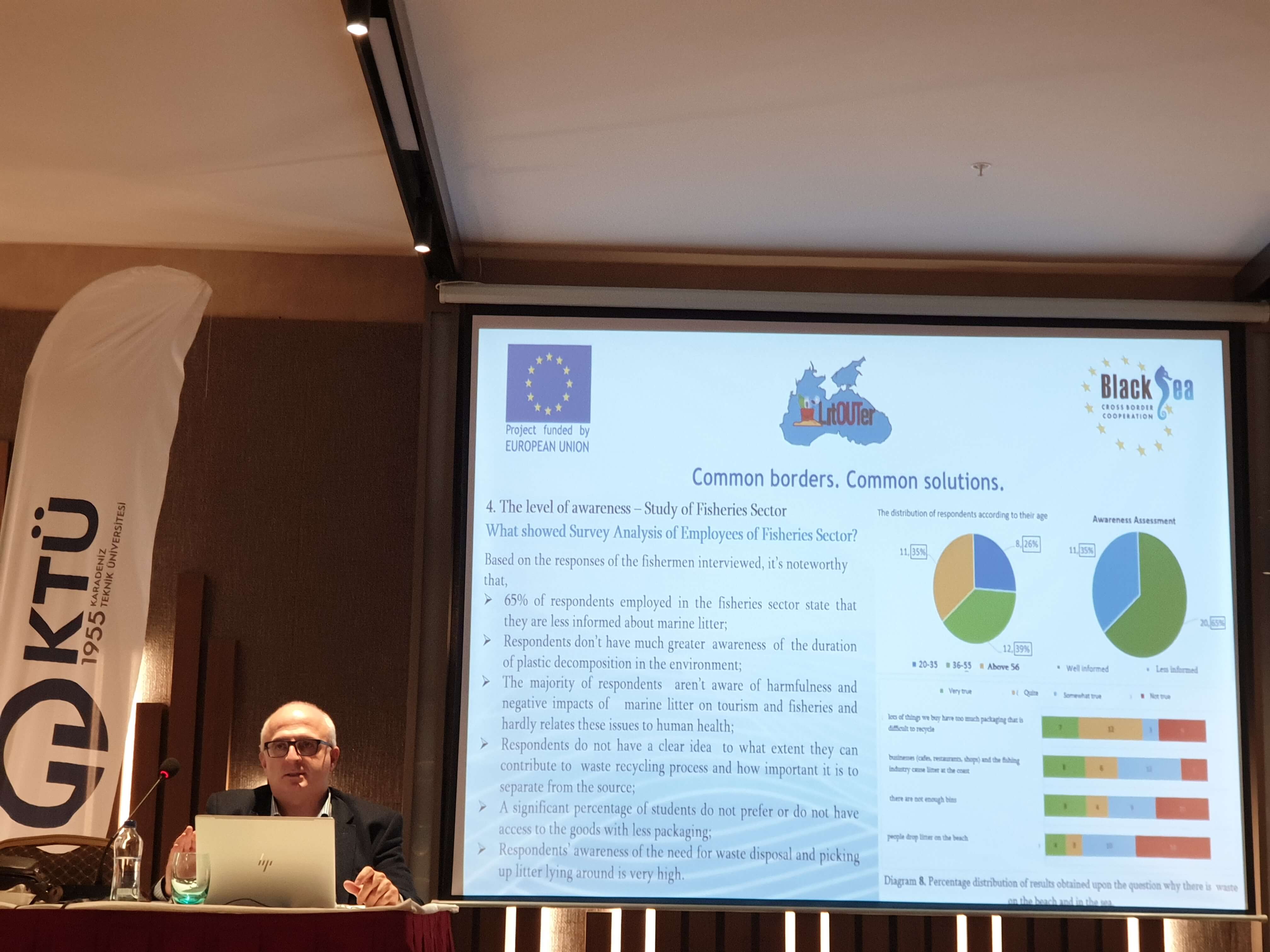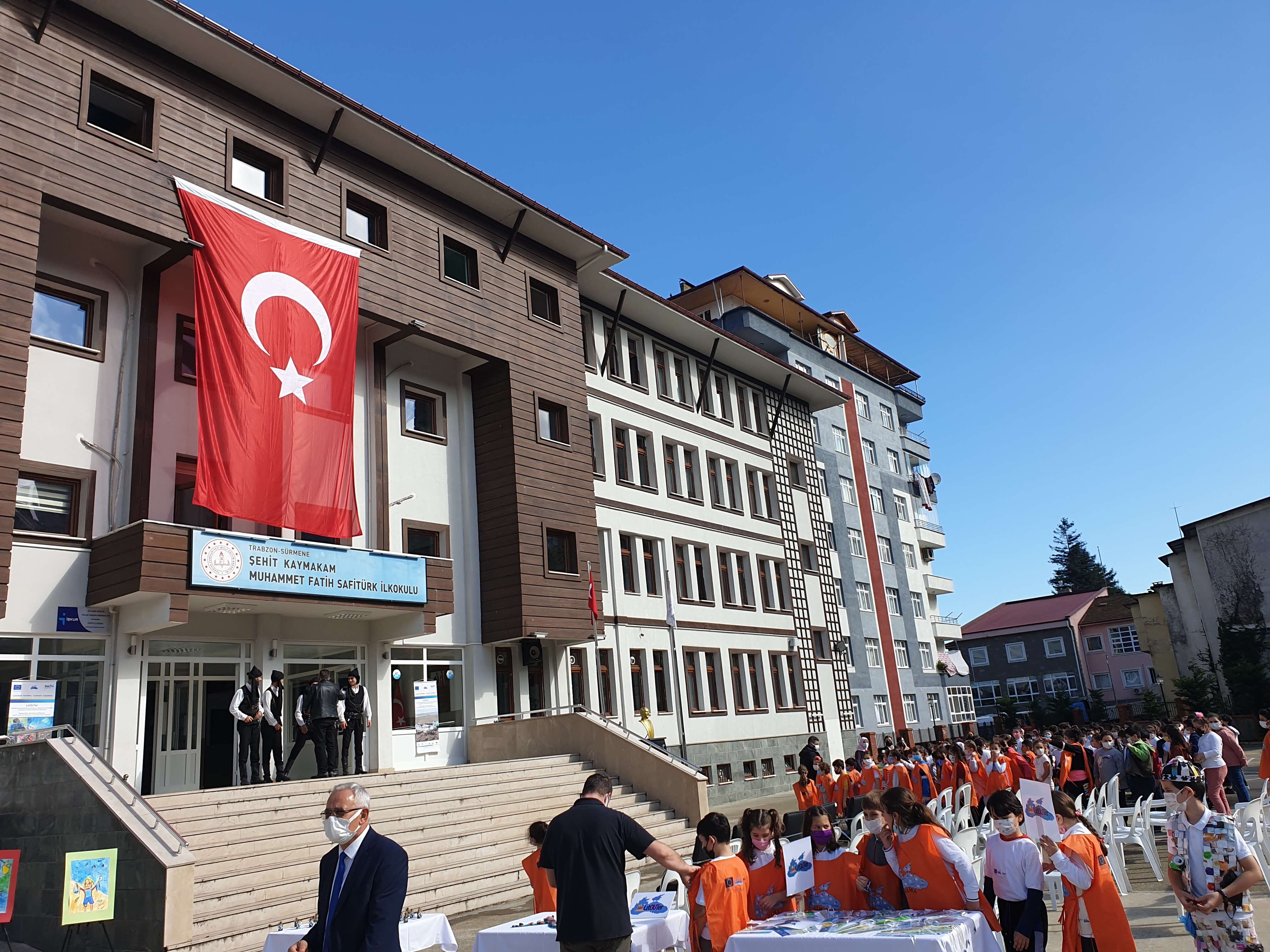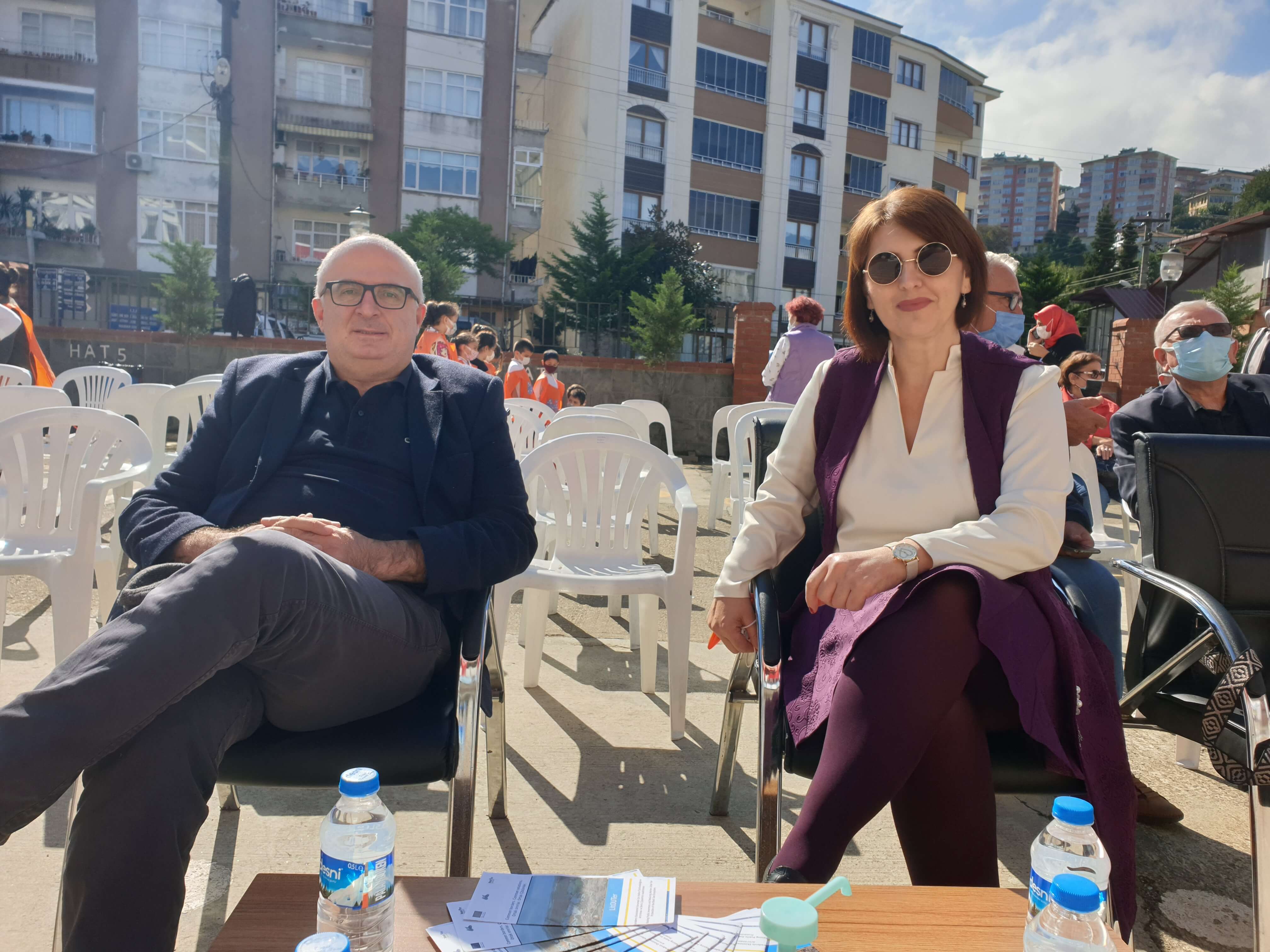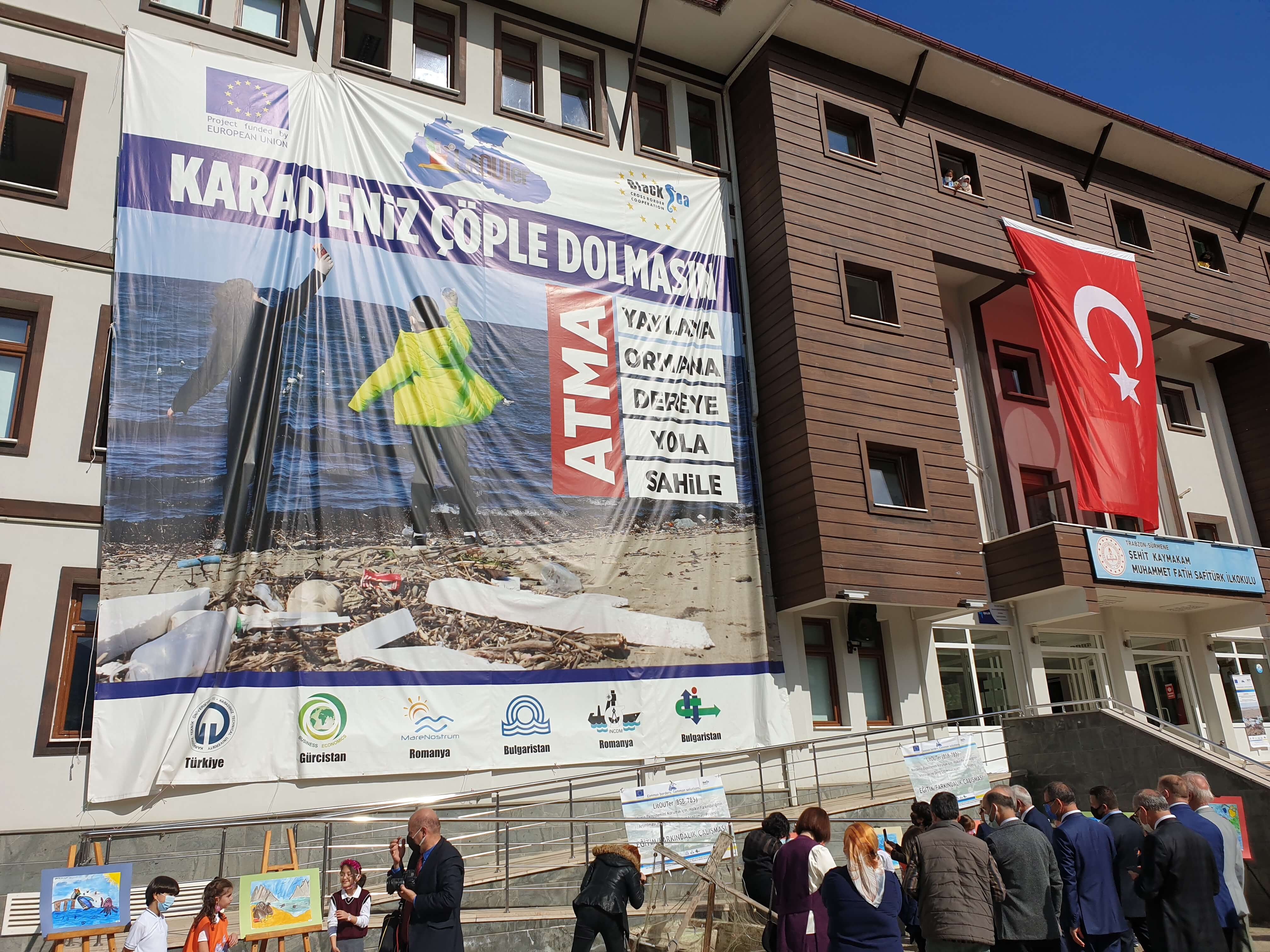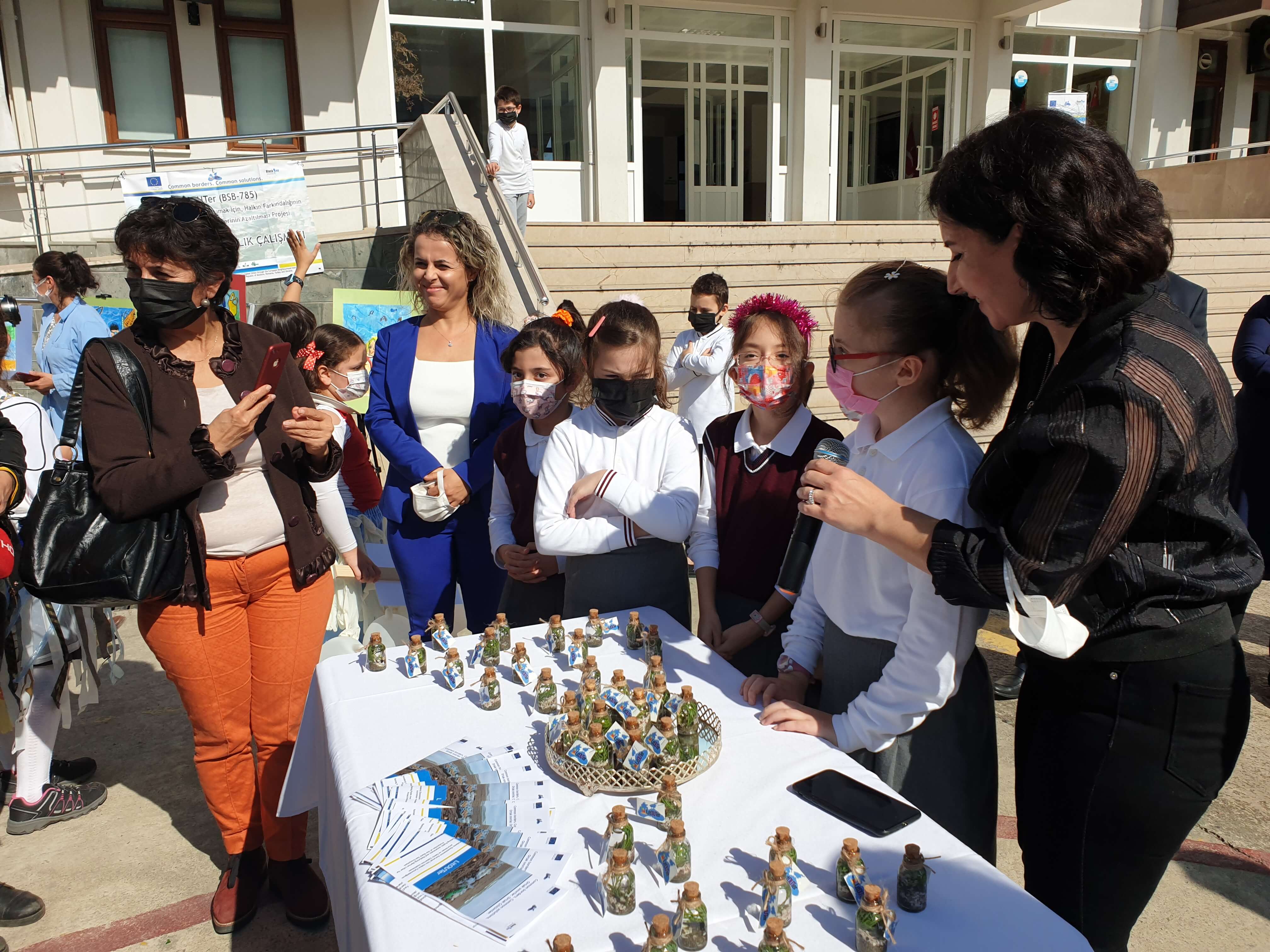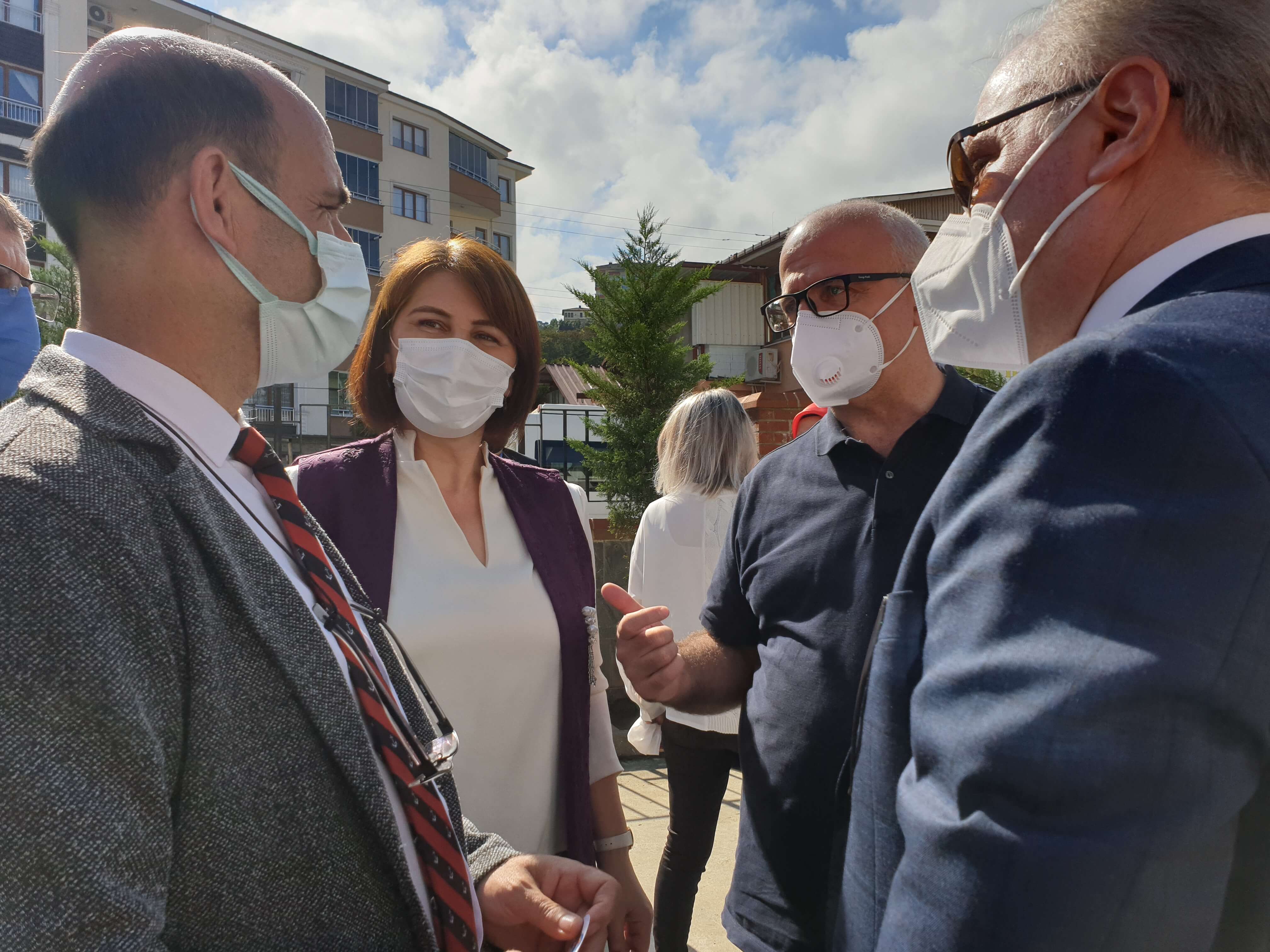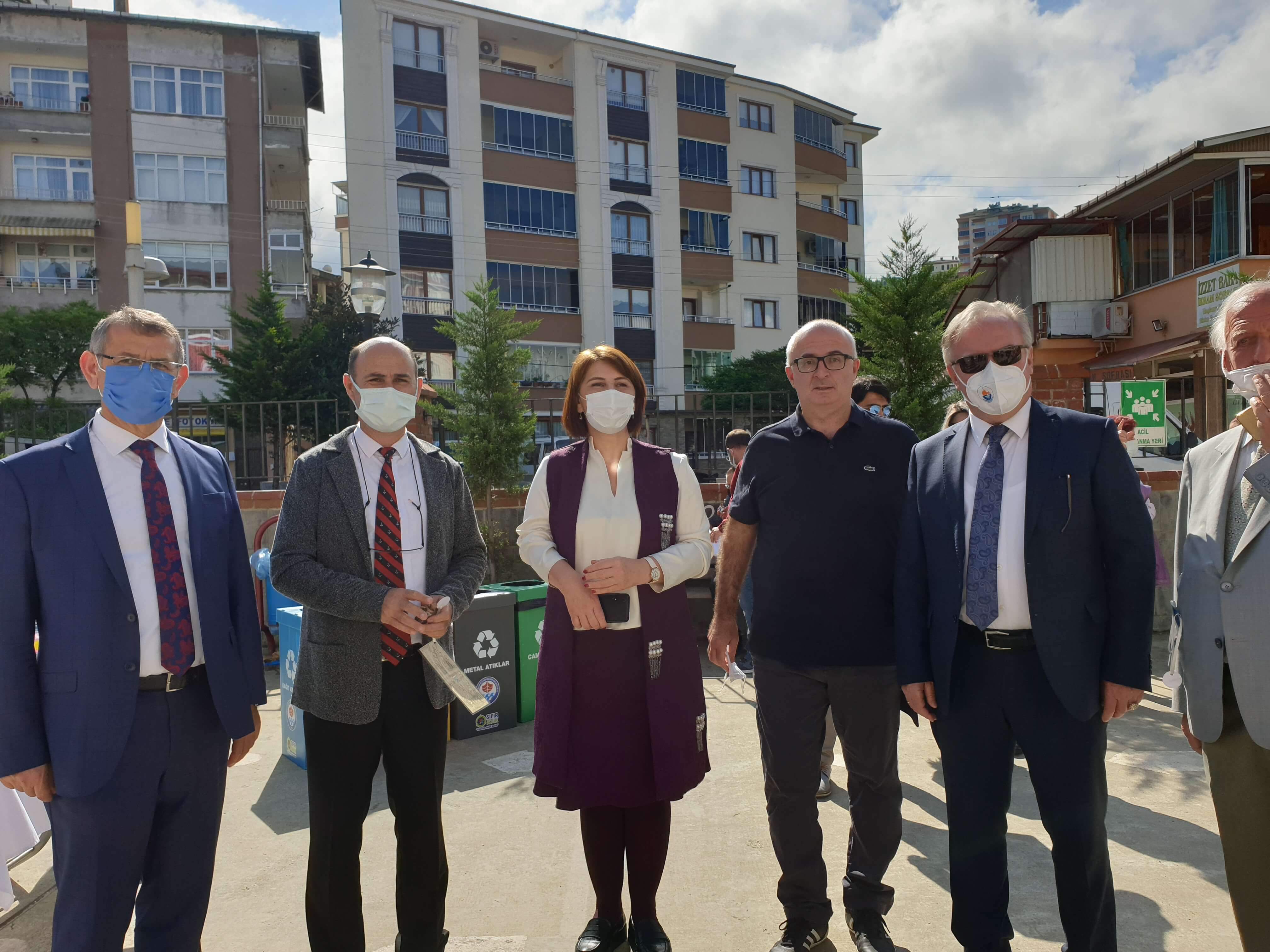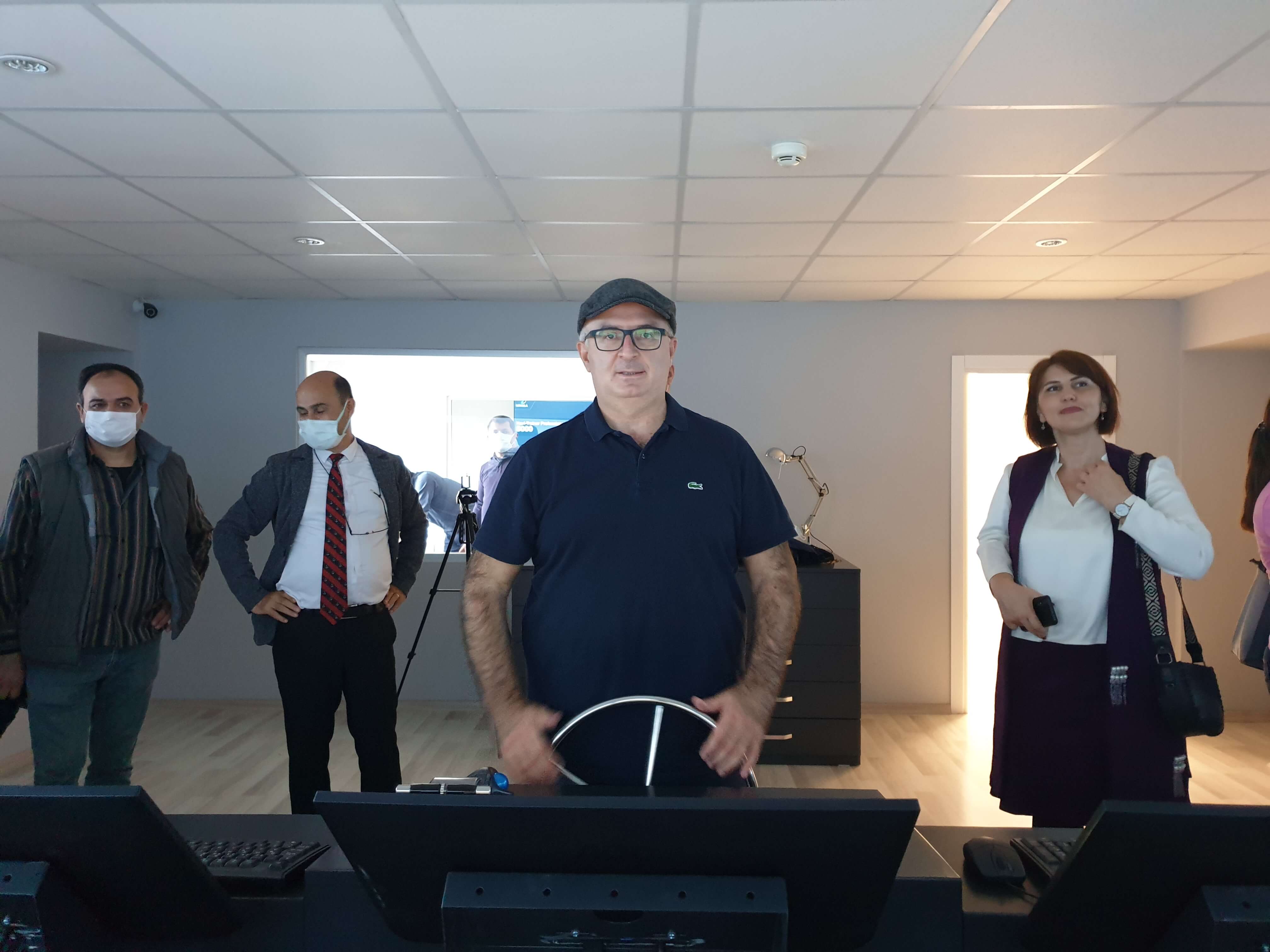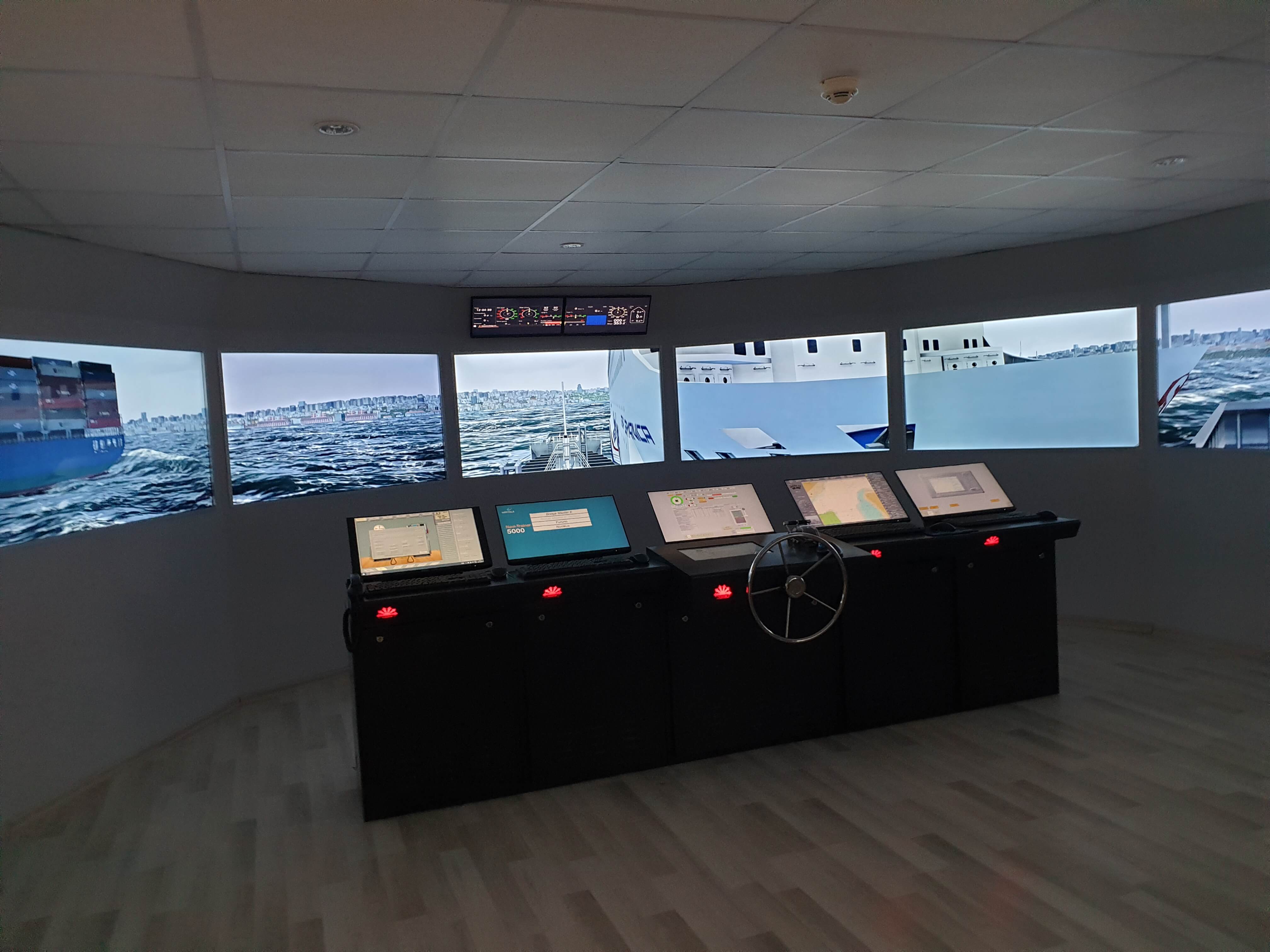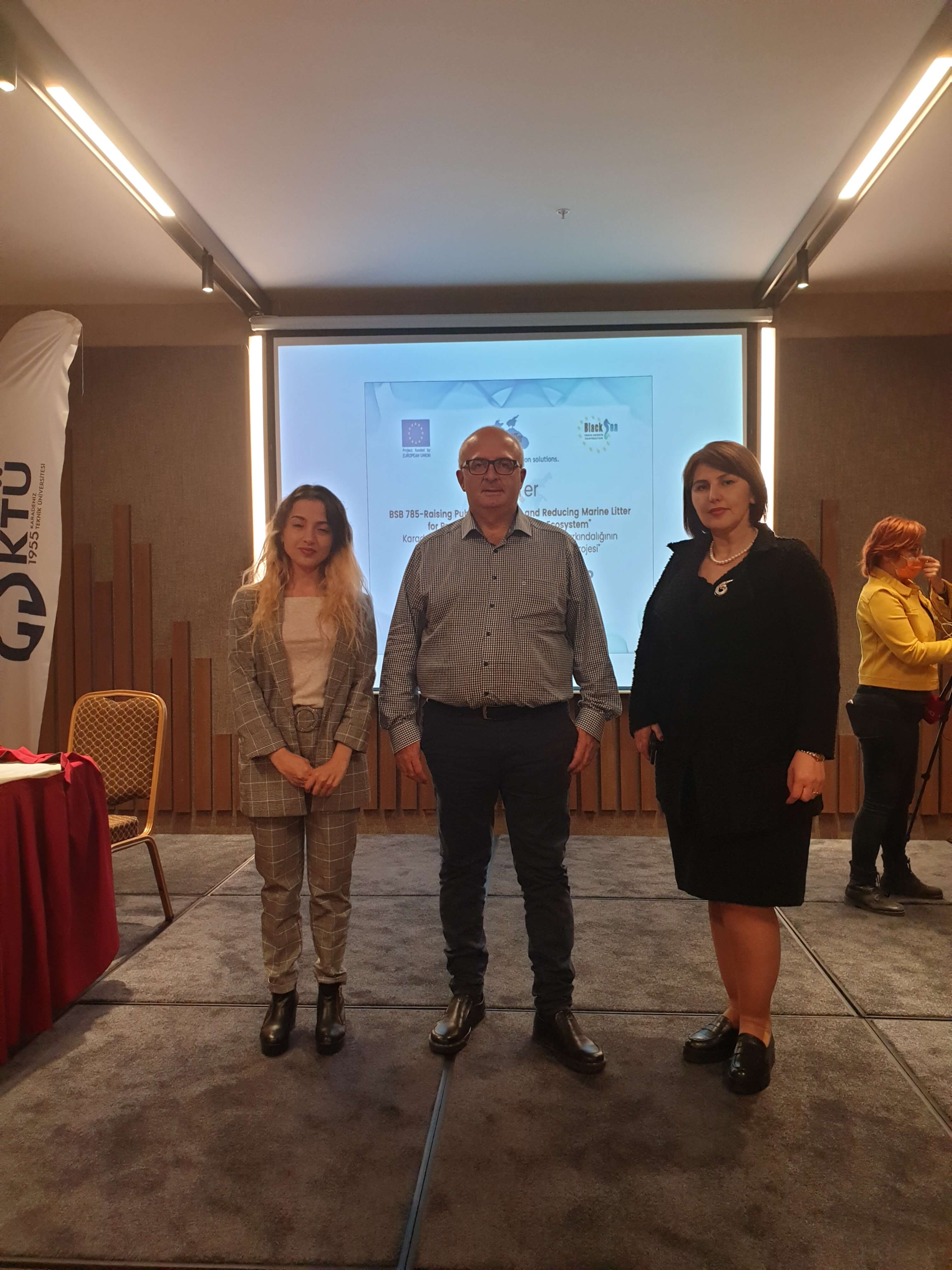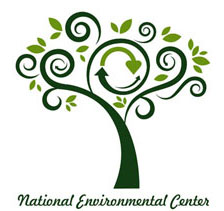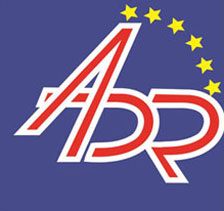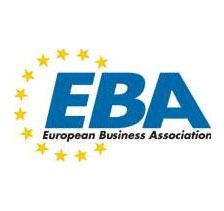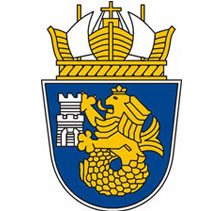Synergy of e-Health and digital skills
N(N)LE International Business and Economic Development Center (IBEDC) as a lead partner carrying out project on “Synergy of e-Health and digital skills in Georgia, Moldova and Ukraine: the path to increase the resilience of EaP civil societies in crisis times” with partners Business Consulting Institute (BCI), Moldova and Local Economic Development Agency of Yavoriv District (LEDA), Ukraine in the framework of EaP CSF Re-granting 2021 Program.
The overall goal of the project: to contribute to advancing e-Health reforms and improving appropriate digital skills in Georgia, Moldova and Ukraine in line with the Eastern Partnership policy framework for 2025 by analyzing the situation in e-Health sector, elaborating policy recommendations and conducting wide information-educational campaign in target countries.
Objective 1: To conduct an in-depth policy analysis of the current situation in e-Health sectors of Georgia, Moldova and Ukraine.
Objective 2: To improve digital skills of citizens from Georgia, Moldova and Ukraine in using national e-Health tools.
Objective 3: To propose effective mechanisms for reforming/improving e-Health systems of target countries (incl. for overcoming the consequences and influence of COVID-19).
Objective 4: To establish effective dialogue between the national governments of Georgia, Moldova and Ukraine, EaP civil society and the EU in terms of e-Health reforms considering COVID-19 influence.
Outcome 1: The recommendations for reforming/improving e-Health systems of target countries (incl. for overcoming the consequences and influence of COVID-19) have been promoted in project target EaP partner countries.
Indicator 1: An in-depth policy analysis of the current situation in e-Health sectors has been conducted in Georgia, Moldova and Ukraine (3 policy briefs have been elaborated).
Indicator 2: The effective mechanisms for reforming/improving e-Health systems of Georgia, Moldova and Ukraine have been elaborated and considered in 3 EaP partner countries Georgia, Moldova and Ukraine (at least 50% of elaborated recommendations has been accepted by relevant national governmental bodies).
Outcome 2: The digital skills of citizens from Georgia, Moldova and Ukraine in using national e-Health tools have been improved.
Indicator 1: The informational materials with friendly content on national e-Health system and instructions on using national e-Health tools have been developed for each project target EaP partner country (one e-booklet and one video podcast for each target country have been created).
Indicator 2: The informational materials with friendly content on national e-Health systems and instructions on using national e-Health tools have been circulated among not less than 30 000 citizens of Georgia, Moldova and Ukraine.
Indicator 3: The positive evaluations of informational materials on national e-Health systems and tools have been received from not less, than 50% of users (the request to fill in the evaluation form will be included to e-booklets and video podcasts).
Outcome 3: Effective dialogue between the national governments of Georgia, Moldova and Ukraine, EaP civil society and the EU in terms of e-Health reforms and required digital skills considering COVID-19 influence has been launched.
Indicator 1: Representatives of executive authorities from target EaP countries and EU in the field of healthcare, digital transformation and digital education have been involved to the project public events (not less than 5 representatives per EaP target country have participated in offline roundtables; not less than 10 representatives per EaP target country and 15 representatives from EU side have participated in international online event).
Indicator 2: Civil society representatives and citizens from target EaP countries interested in reforming/improving e-Health sector and acquiring necessary digital skills have been involved to the project public events (not less than 25 representatives per EaP target country have participated in offline roundtables; not less than 50 representatives per EaP target country have participated in international online event).
Indicator 3: Common “e-Health and Digital skills” platform has been created (not less than 300 representatives of project target groups have registered for entering the platform by filling-in the special form and joining specially created emailing group and Facebook-page).
Medium/Long-term
Outcome 1: The selected suitable mechanisms for reforming/improving e-Health systems elaborated within the project started to be considered / adopted in other EaP partner countries after the project end.
Indicator 1: not less than 2 additional countries among Azerbaijan, Armenia, Belarus have informed project implementers about partial implementation of recommendations developed within the project.
Outcome 2: The project informational materials on national e-Health systems and using national e-Health tools have been used for developing similar materials in other EaP partner countries after the project end.
Indicator 1: at least 1 additional country among Azerbaijan, Armenia, Belarus have informed project implementers about using the project informational materials for developing similar materials.
Outcome 3: The dialogue between the national governments of Georgia, Moldova and Ukraine, EaP civil society and the EU in terms of e-Health reforms and required digital skills considering COVID-19 influence has been continued and expanded to a larger territory within EaP region after the project end.
Indicator 1: Representatives of executive authorities and civil society from Azerbaijan, Armenia, Belarus interested in the field of healthcare, digital transformation and digital education have been involved to the “e-Health and Digital skills” platform (not less than 100 additional representatives have joined the platform).
Indicator 2: At least 2 joint public events on reforming/improving e-Health sector and acquiring necessary digital skills have been conducted within 1 year after project end involving representatives of the “e-Health and Digital skills” platform.
Project implementation period: 01.12.2021-30.11.2022; Georgia, Moldova and Ukraine
Contact:
Lead Partner: N(N)LE International Business and Economic Development Center Tbilisi, Georgia; www.ibedc.ge
Project Coordinator: David Tsiskaridze,
E-mail: This email address is being protected from spambots. You need JavaScript enabled to view it.; Mobile: +995595762276
Partner: Business Consulting Institute (BCI), Moldova
https://bci.md/
Project Coordinator: Marin Roscovan
E-mail: This email address is being protected from spambots. You need JavaScript enabled to view it. mob: +37369449522
Partner: Local Economic Development Agency of Yavoriv District (LEDA), Ukraine
http://amer.org.ua/?fbclid=IwAR0LmgfcAzKHqTBmwi- NwbBgOc9m5toSTK20gDNibhgQnaW6CCmRh3cPToo
Project Coordinator: Iryna Kuropas,
E-mail: This email address is being protected from spambots. You need JavaScript enabled to view it. mob: +380679875557
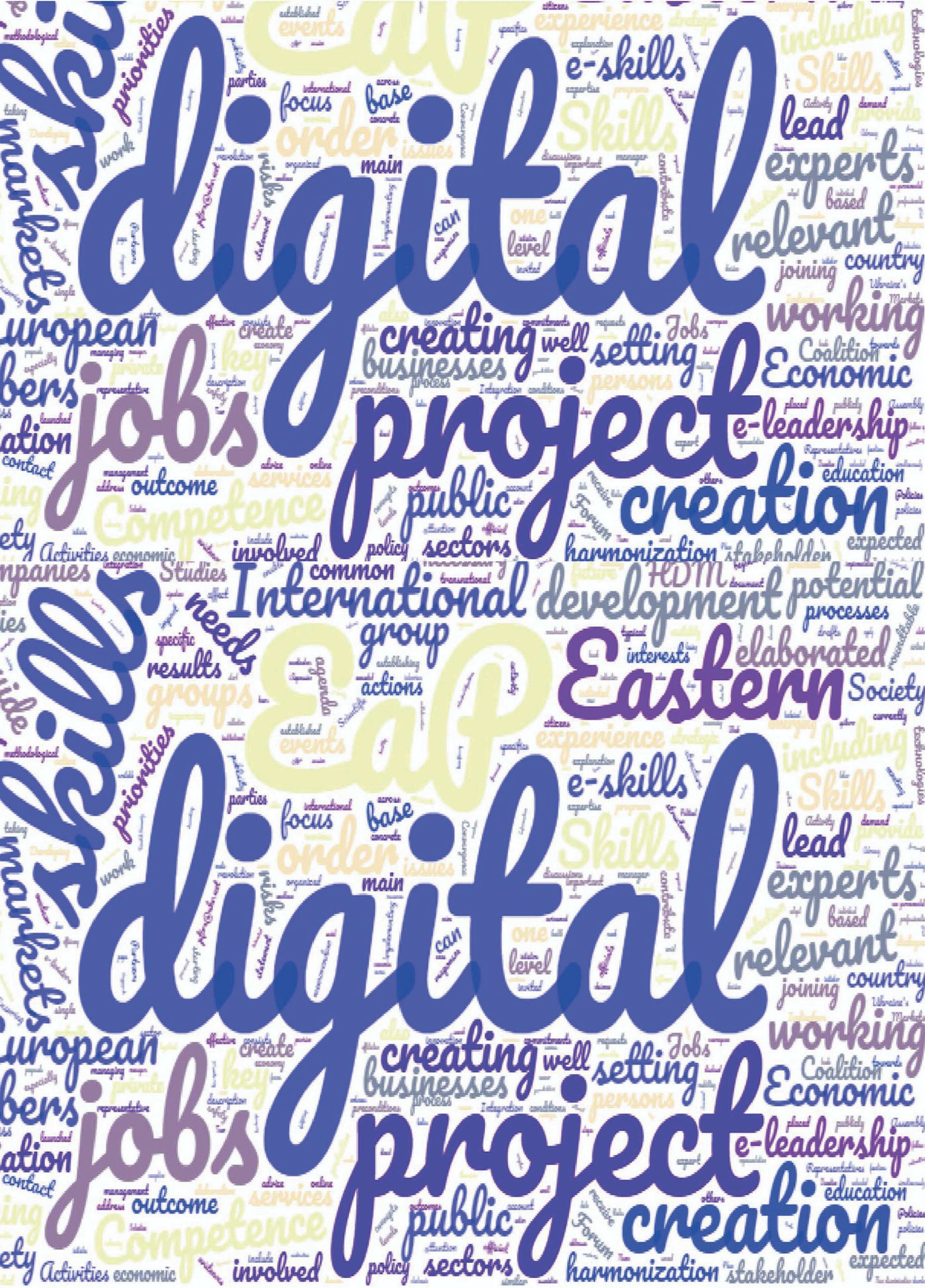
The project workshops
Workshop within the project "Raising Public Awareness and Reducing Marine
Litter for Protection of the Black Sea Ecosystem" (LitOUTer) in Trabzon, Turkey
On October 7-8 2021, in Trabzon, Turkey (in the conference hall of the Hotel Mercury), the international workshop within the project "Raising Public Awareness and Reducing Marine Litter for Protection of the Black Sea Ecosystem" (LitOUTer) was organized by the Black Sea Technical University (KTU). It was held with the financial support of the EU Black Sea Basin Cross-Border Cooperation Program. This project is regional (implemented in 2020-2022) in cooperation with four partner countries - Turkey, Georgia, Romania and Bulgaria. The project partner from Georgia is the International Business and Economic Development Center (IBEDC).
Overall objective of the project is raise awareness of public and local decision makers and all stakeholders like: Environmental agencies, Maritime Agency, Businesses, Fishing companies, Environmental NGO’s, Research Institutions and Universities, Students, schoolchildren, General Public, Housewives from the target region.
The Black Sea is a fragile marine environment; countries continue to dump their pollutants/ wastes/ litters via river basin discharges. A solution coming from a single country is worsted nothing while litter carrying by rim current flow all around the Black Sea coasts. By this approach, four coastal countries should be in cross border cooperation under this project to improve the permanent solution to reduce litter discharges to the Black Sea. We, as partners, believe that LITTER “OUT” is not a dream for the Black Sea environment.
The event was attended by 60 participants, namely: project partners from Georgia, Romania and Bulgaria, stakeholders, representatives of the state, scientific and civil society. The opening ceremony was welcomed by the Black Sea Technical University Vice-Rector and local government officials. The delegation from Georgia was represented by the project coordinator Davit Tsiskaridze, Khelvachauri Municipality City Council member Guranda Dolidze and Euro- 200 Batumi School teacher, Tamar Bauzhadze. The project partners, academic circles and local institutions represented reports and presentations on project topical marine waste issues. In addition, the project approaches and materials on how to raise awareness of the public and stakeholders of marine litter were discussed.
The 2nd day of the visit was full of various events and activities. The day started with a visit of project partners in Surmen Municipality. Then, we visited the school, where the event was opened in a festive atmosphere with a cultural-educational program. It was attended by the Mayor of Surmen Municipality and local authorities. The main topic of the event was pollution of the Black Sea and awareness-raising activities. In addition, an exhibition of children's paintings, works and educational literature on marine litter was organized. The project team also visited the Department of Marine Sciences of the Technical University, where we got acquainted with modern technologies and achievements. The final visit was to Trabzon-Rize solid waste recycling company, where we got acquainted with the waste recycling production process and modern management methods.
Project executive KTU team, Georgian, Bulgarian and Romanian project joint institutions, specialists of KTU Faculty of Marine Sciences, Trabzon Governor, Assistant to KTU Rector, National Education director, related branch and specialists, environment and city management Assistants, specialists, Agricultural Province director and specialists, Health Province wise, wise. their helpers, their specialists, B. Head and specialists of the Environmental Department of Municipality, Municipality, Assistant and Specialists of Sürmene Municipality, Deputy and Specialists of the Miilli Parks Branch and Specialist, Sürmene National Education Müd, teachers, Ş.K. Safitürk Elementary School director and teachers, Assistant of Surmene Mufti and Imams, Ziraat Head of the Müh Chamber, Sea Chamber of Commerce and TURMEPA Trabzon representative, Trabzon Port Business director, head and members of the Feminart association, members of the NATURE History association, TISAD tourism association, supporting the project, chiefs, and press representatives following the project participated. We would like to thank them for their support and contribution to the reduction of sea garbage.
The ultimate goal in the LitOUTer project which will continue until the end of 2022; to make the community aware of the solution from being part of the problem of marine garbage, transportation, savings, ecosystem and the impact of human health.
The LitOUTer project includes various activities such as raising stakeholders` awareness through training and information meetings, organizing clean-up and information days, exchanging experiences and ideas between partner countries and participants, and sharing successful practical results, ultimately creating new opportunities for economic cooperation. Website - www.ibedc.ge
Field & IAS monitoring visits
Summary of field and monitoring visits in Kolkheti National Park
On 21st of May visit in Kolkheti National Park was conducted with the chairman of International Business and Economic Development Center, David Tsiskaridze and an expert Guranda Makharadze. Meeting was accompanied with the head of the protected area and colleagues working in it. Introductory consultation between the staff and project coordinators took place in the office. Aim of the meeting was to present the invasive species surveys specification and monitoring methodology. Joint approach for implementing the invasive species monitoring should be arranged. Matching of several (including Ukrainian template) methodologies was discussed during the meeting. Each topic step by step was scanned by the meeting attendants. Besides, the work strategy and schedule for the future collaboration/activities was planned.
After the office meeting, journey around Kolkheti National Park was held through the Lake Paliastomi and Pechora River. Expert from the National Park introduced invasive plant species (False indigo-bush - Amorpha fruticosa) spread alongside the river. Tendency of distribution is an ongoing process in a quickly manner causing the serious threat to the local ecosystem. At the end of the meeting arrangement on the further collaboration and starting the monitoring process was agreed (Please, refer to the attached images).
From the beginning of the meeting with the experts, three invasive species were selected throughout the Kolkheti National Park: Canadian goldenrod - Solidago canadens, Caspian locust - Gleditsia caspica and False indigo-bush -Amorpha fruticosa. After deciding the IAS monitoring sections, three sections were chosen within the area: Kolkheti(Paliastomi and Pechora River), Lanchkhuti and Katsoburi sections.
The second field visits held in Katsoburi and lanchkhuti sections during May 30-June 3. Identification of places, location and number of transects and planning the IAS monitoring visits, time schedule and appropriate steps were arranged during the visit.
Totally, five IAS monitoring visits were set up within the intended activities up to now. IAS monitoring visits have to be aimed at identification of invasive species spread over the section.
Actually, there are three plants identified for time being in Katsoburi section: Canadian goldenrod - Solidago canadens, Caspian locust - Gleditsia caspica and False indigo-bush -Amorpha fruticosa. At first day, an accent was delivered to the scale of distribution throughout the area. Consideration should be assumed to the fact that invasive species especially Caspian locust is spread not only within the protected area, but beoynd the borders, on the road lead to the area. Field study commenced with the guidance of methodology already accroded and confirmed between experts and the project cooridnator. Study consists transect method constituting trans sections of two meter width and length depeneded on the distance of covering of invasive plants.
During the IAS monitoring visits, pillars for transects were installed being marked/numbered for the future identification. Within two meters width transects, plants were calculated, measured by length (for setting out the average height), counted by diameter and identified by age. That was refered to trees - Caspian locust. As for Canadian goldenrod, each of plant within the borders of transect was counted and recorded in duly manner. Further characteristics will be reported within the field studies: Taxonomy/significance, security status, life form, general cover of invasive species %, average height of species (m), flowering time, terms of vegetation, the state of the alien population, total area of a template location (ha), area of distribution, density, GPS-coordinates and habitat description. For better visualization, please, refer to the attached images.
The next IAS monitoring visits dedicated to the same places due to the largeness of the territory. Study team continued identification of invasive plants through the same methodology. Together with all experts, trees were measured, aged, calculated by areas and recorded accordingly. It should be noticed, that some areas are not so abundant by spreading of Canadian goldenrod stipulated by massive richness of Alnus and interrupting their growing (Please, refer to the attached images).
Planned study trips will be moved on to other sections of Kolkheti National Park to be duly documented and reflected.
Annexes
Working meeting with Administration of Kolkheti National Park and Field visit in Pechora-Paliastomi (21.05.21)






























